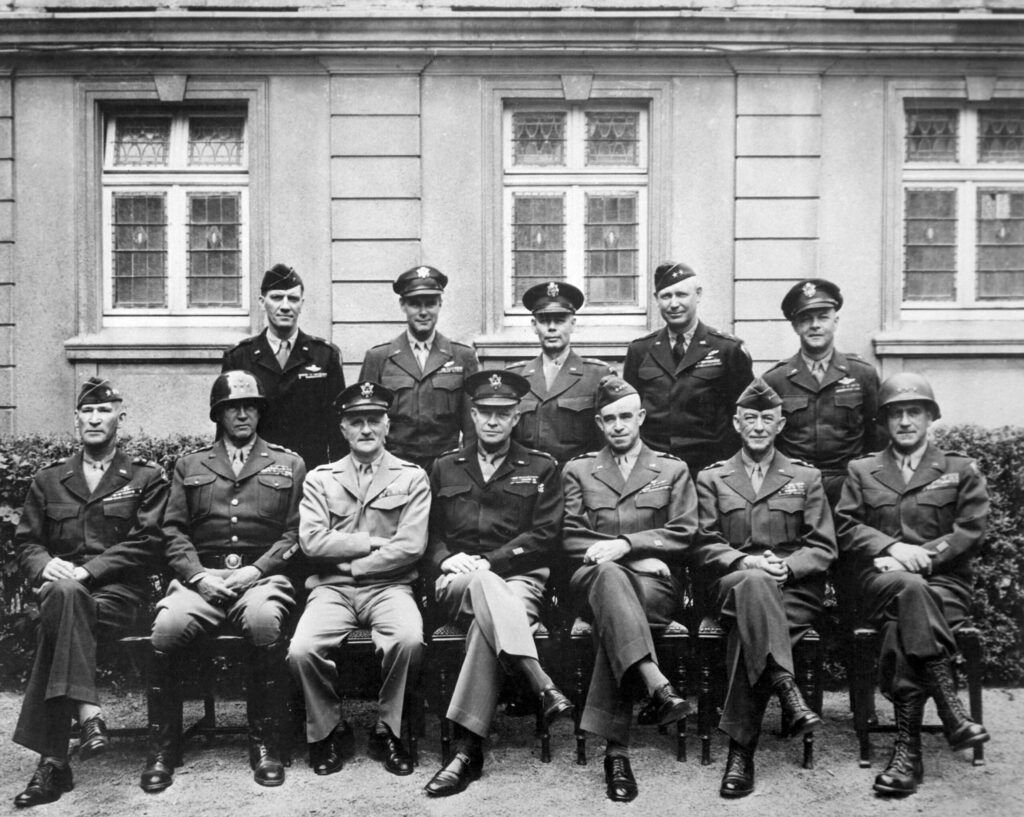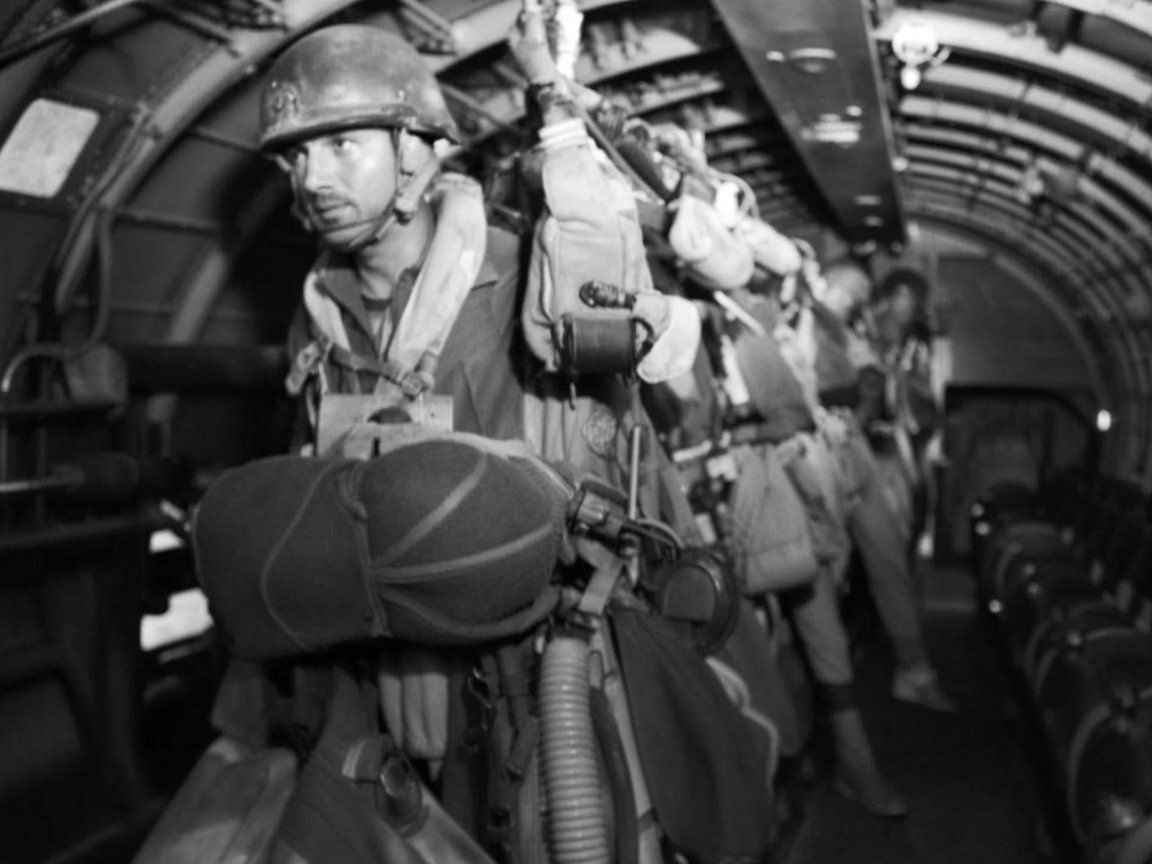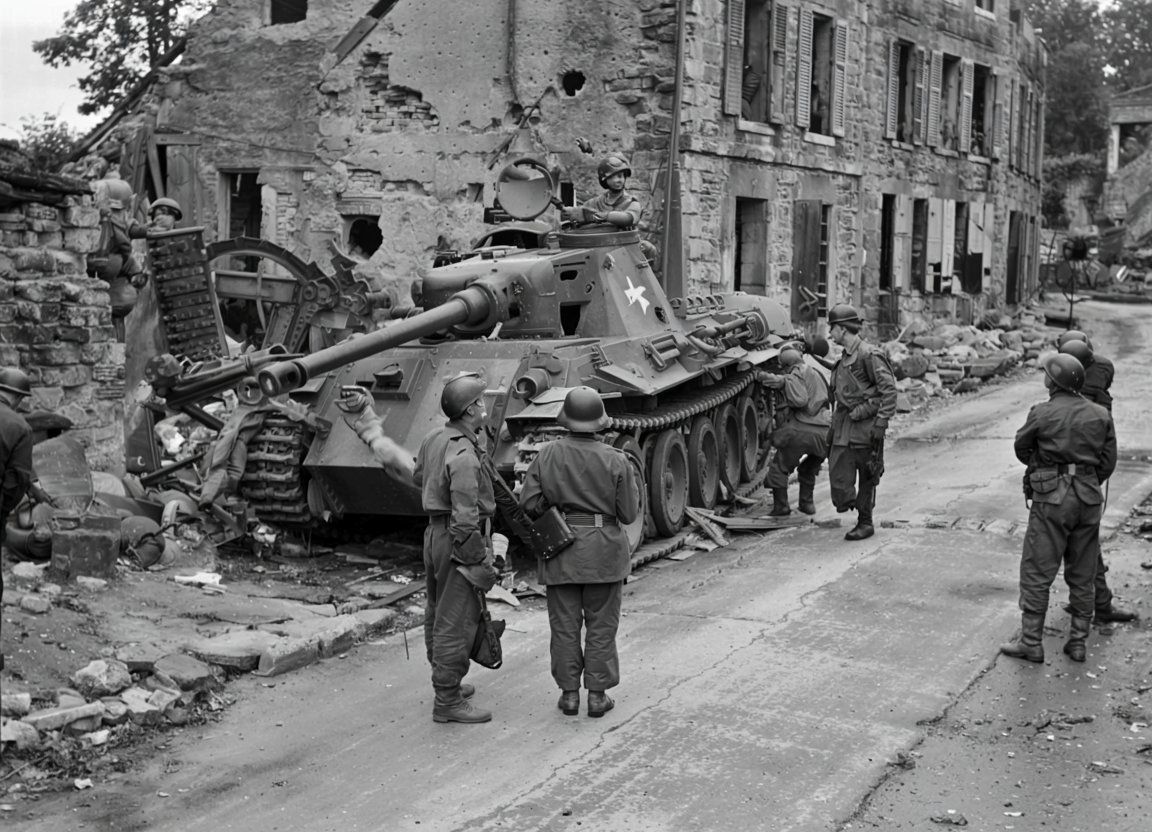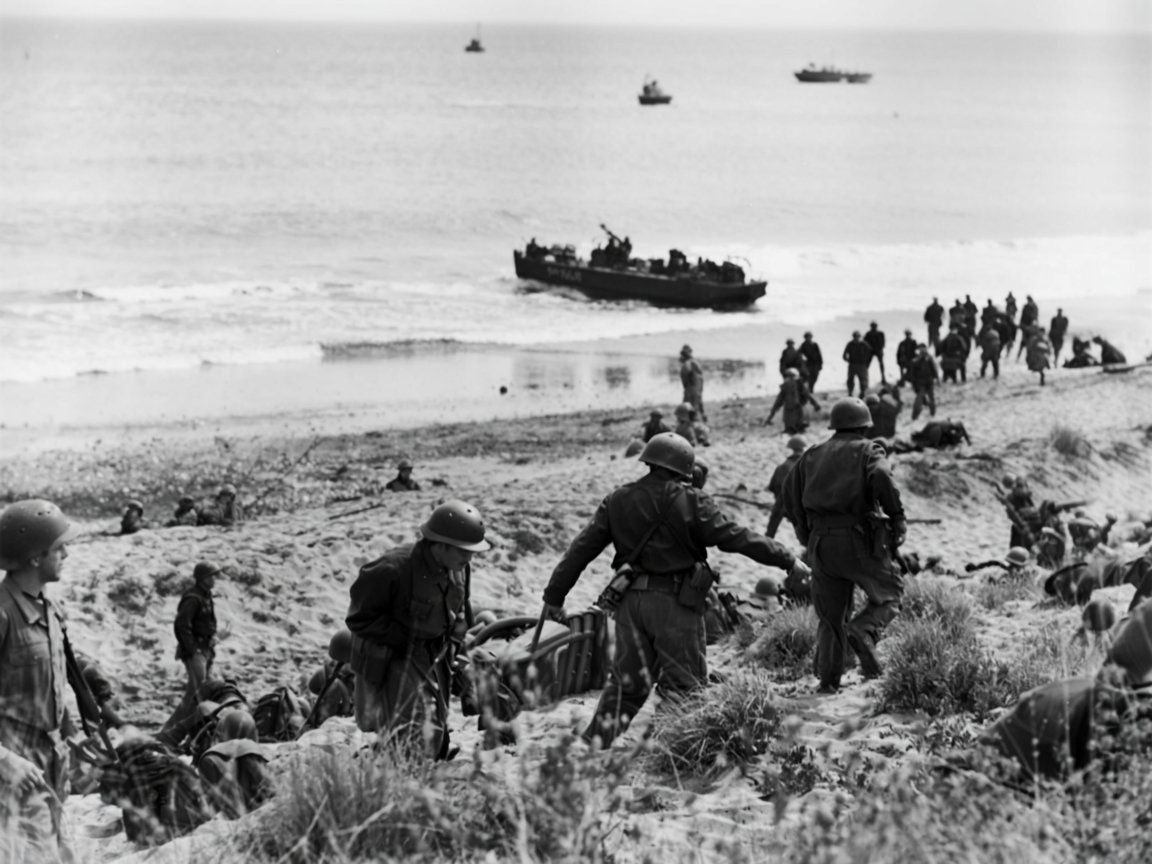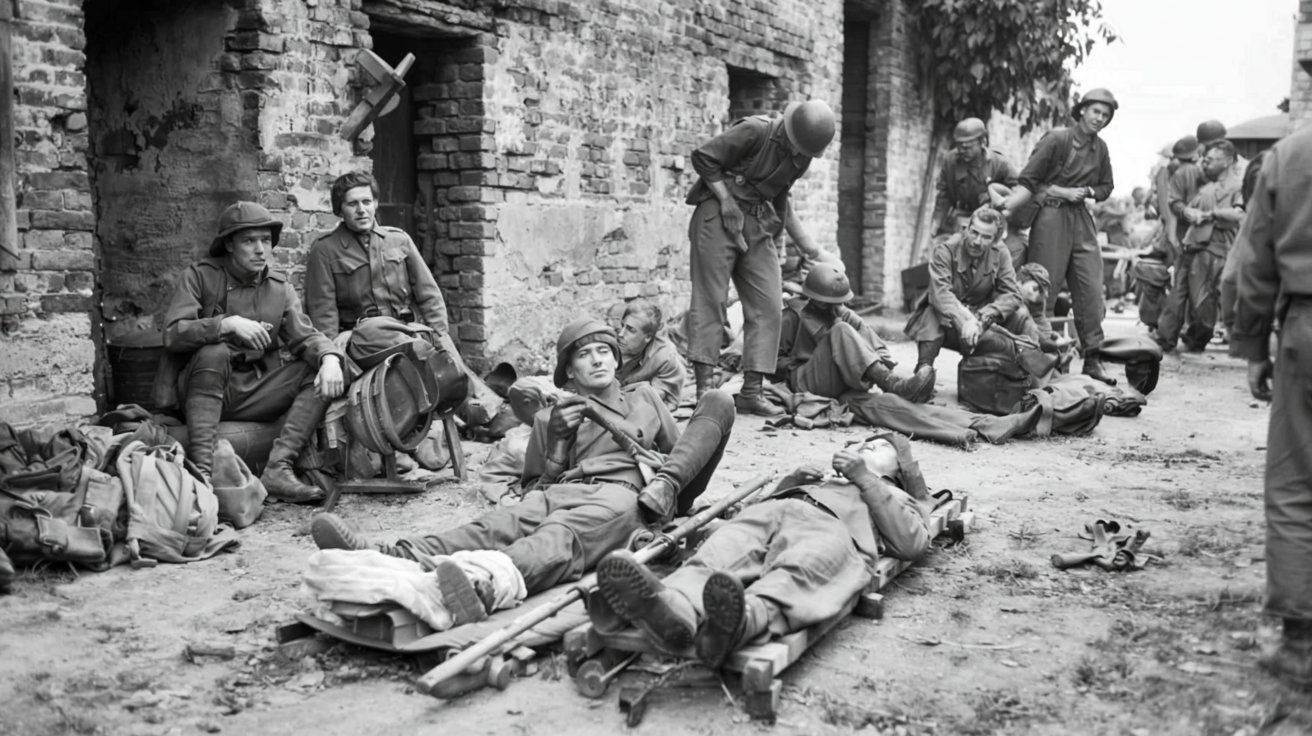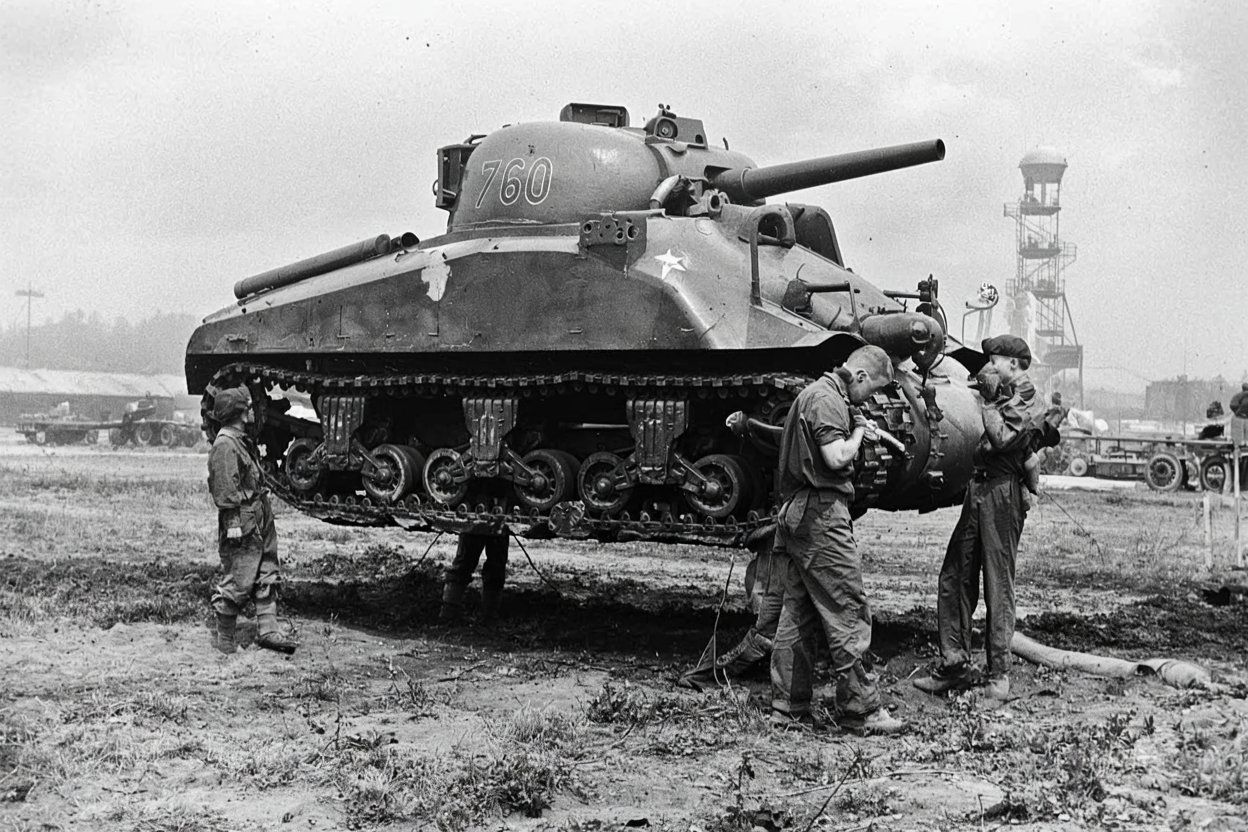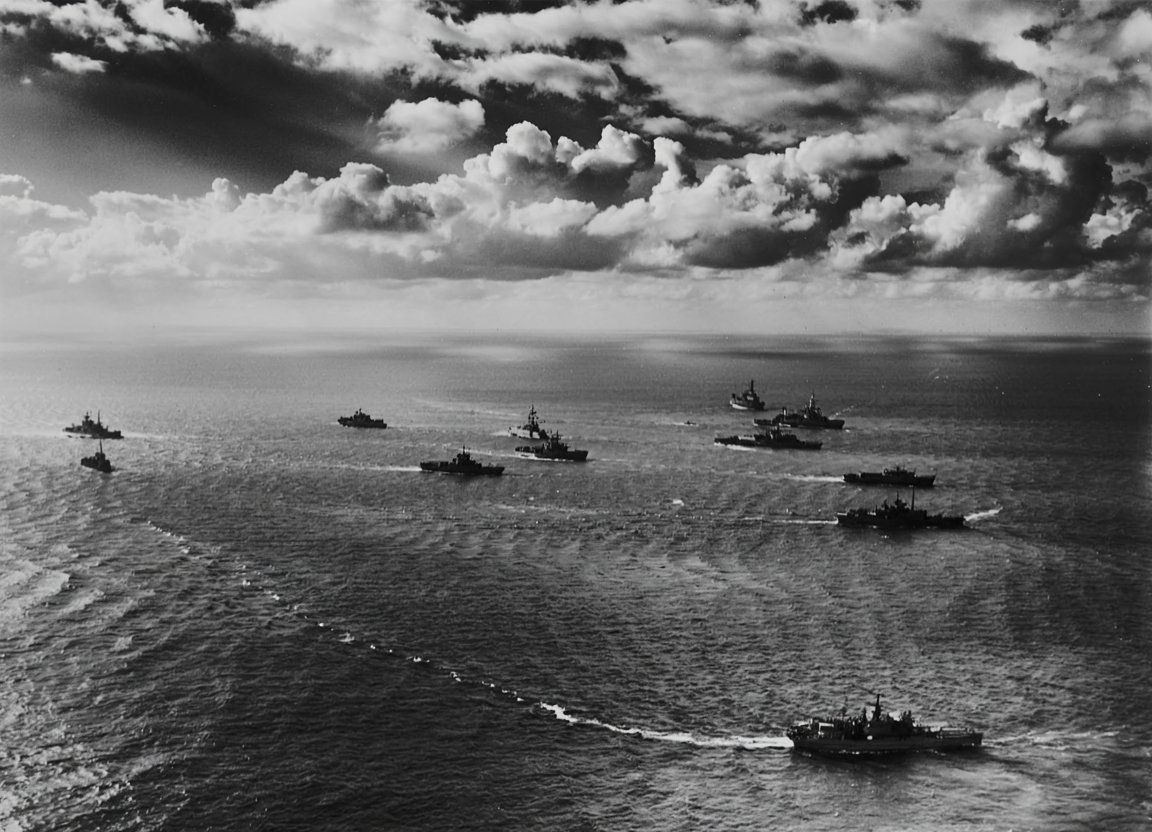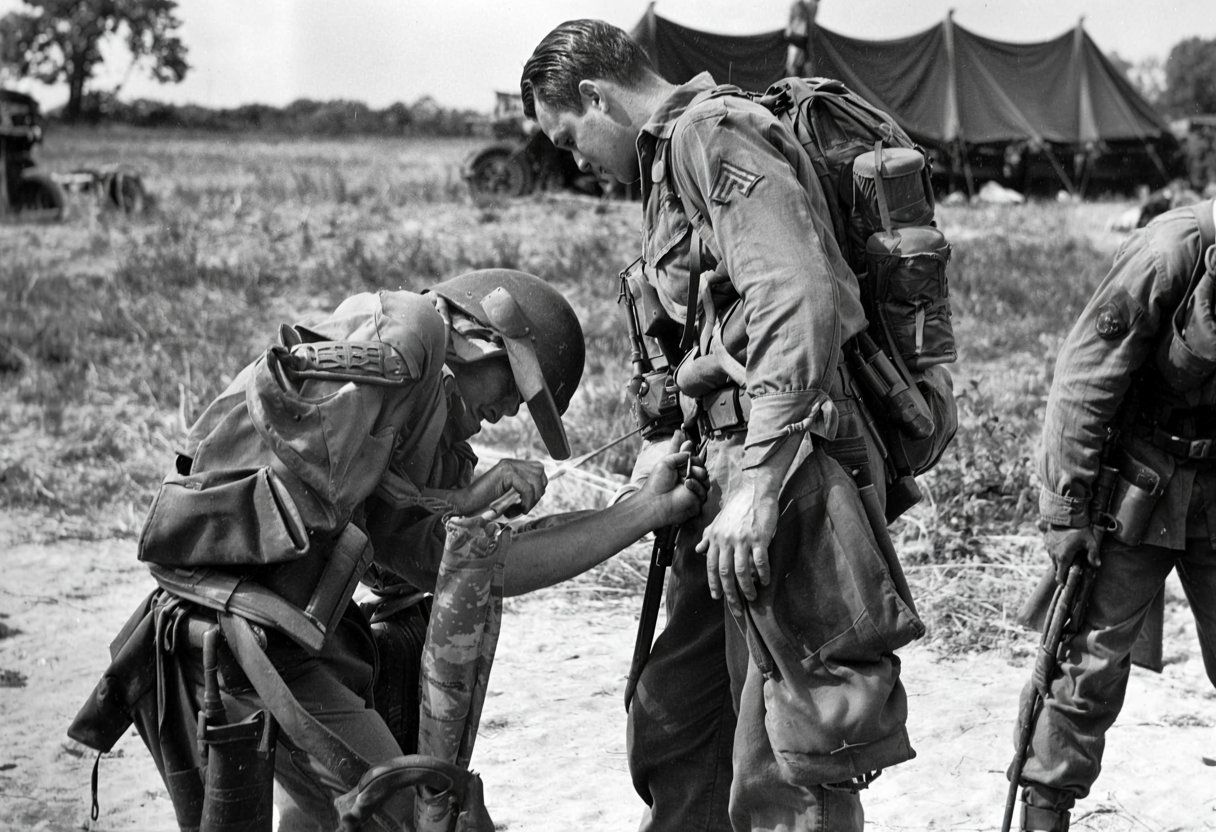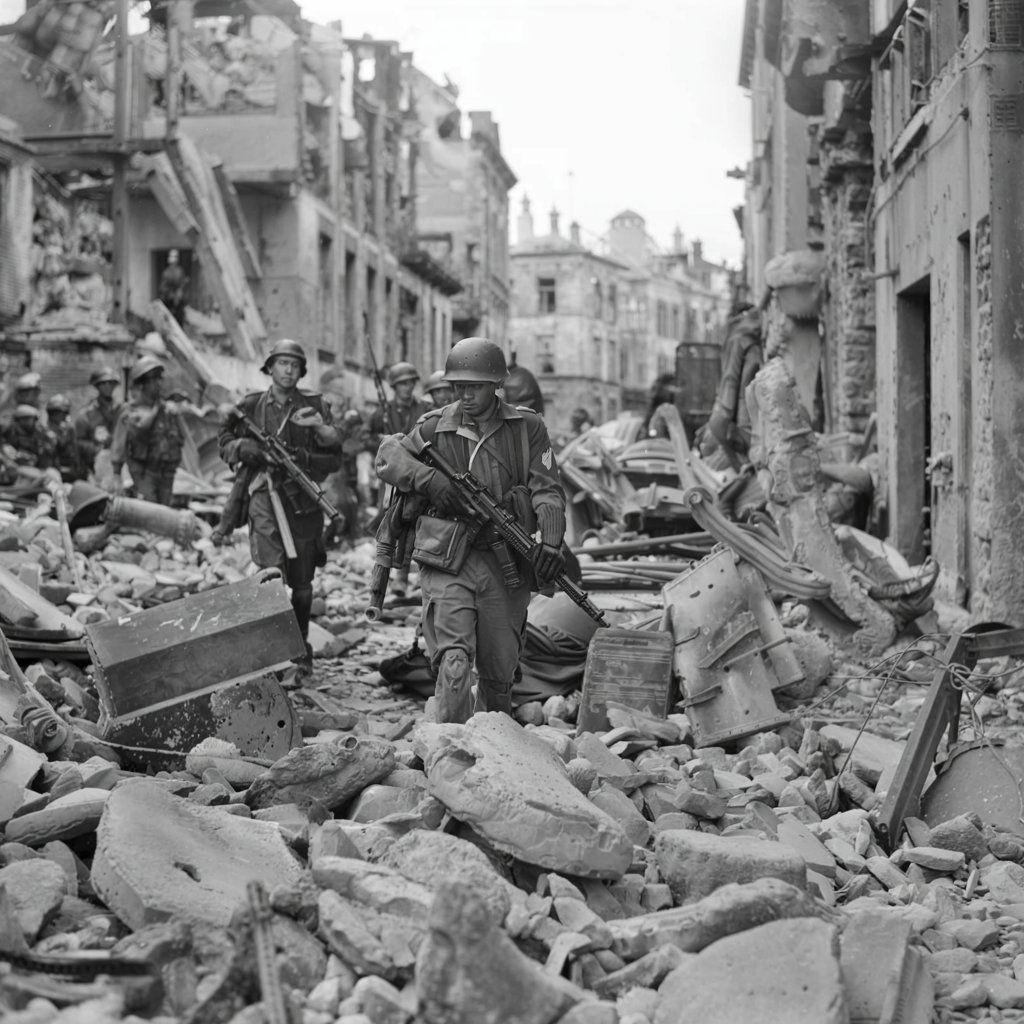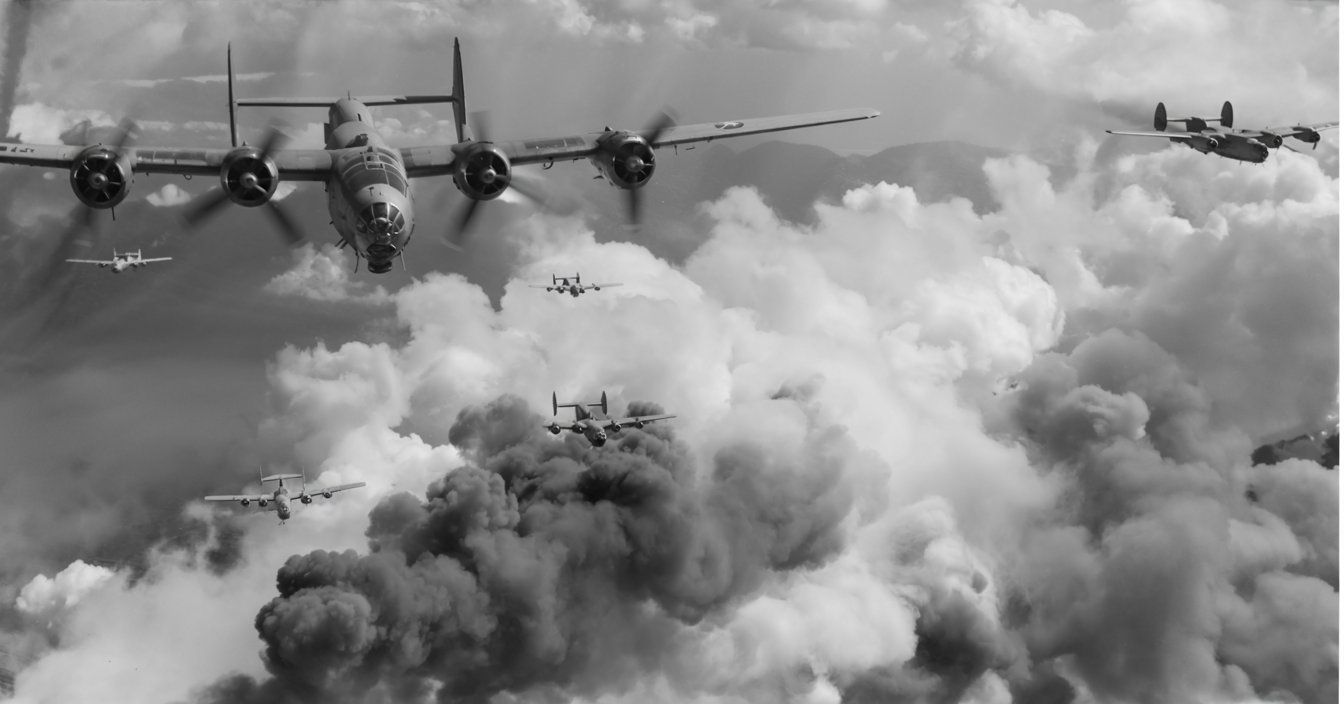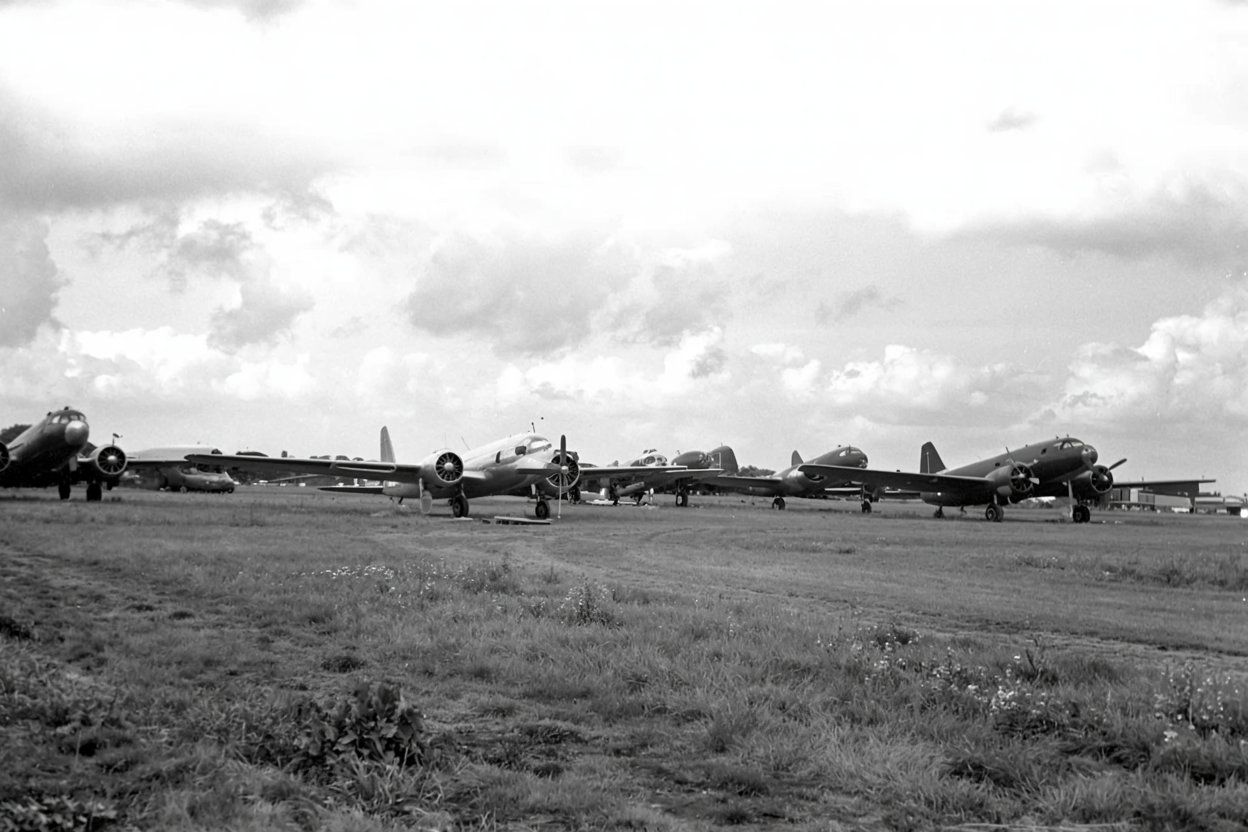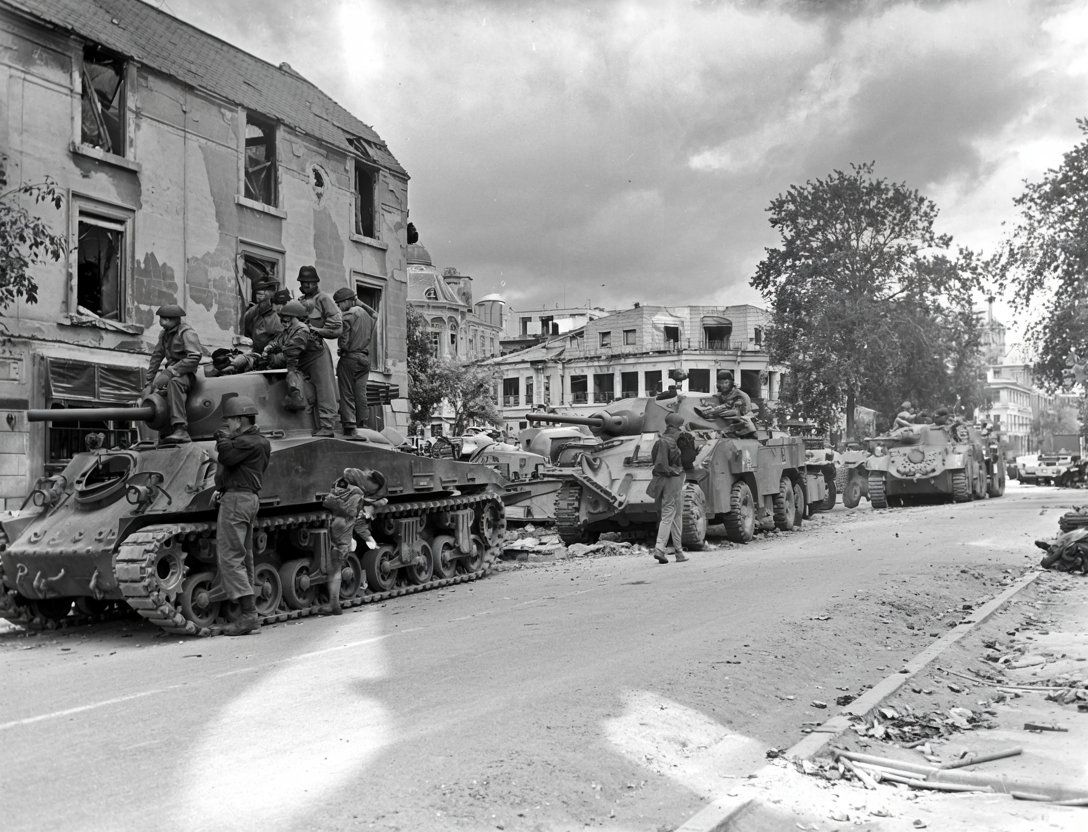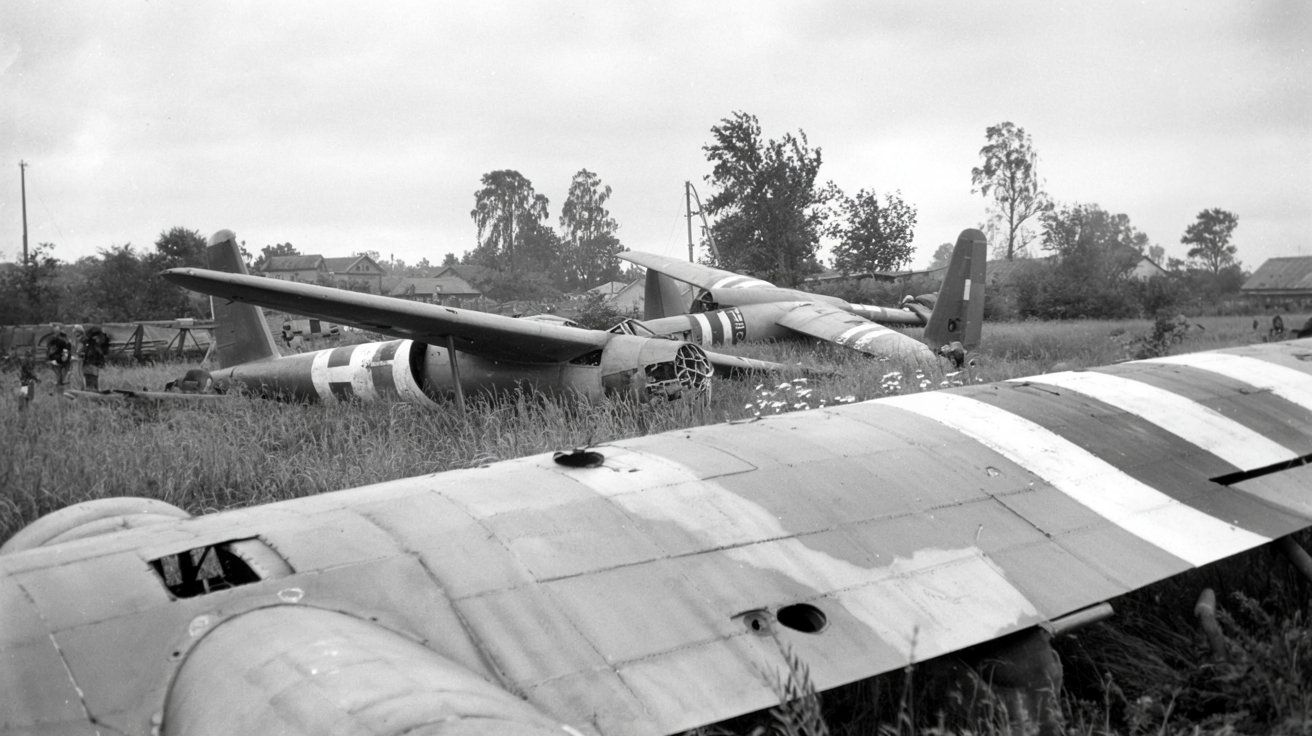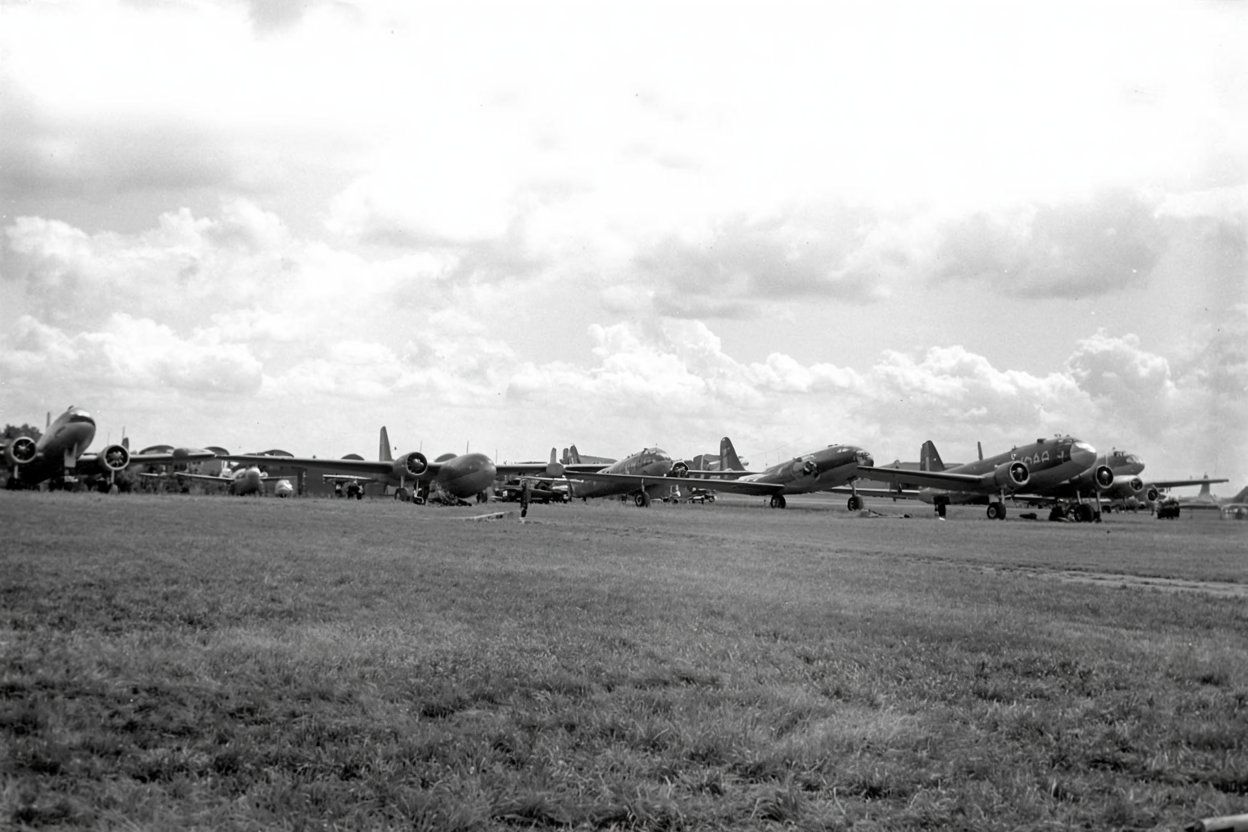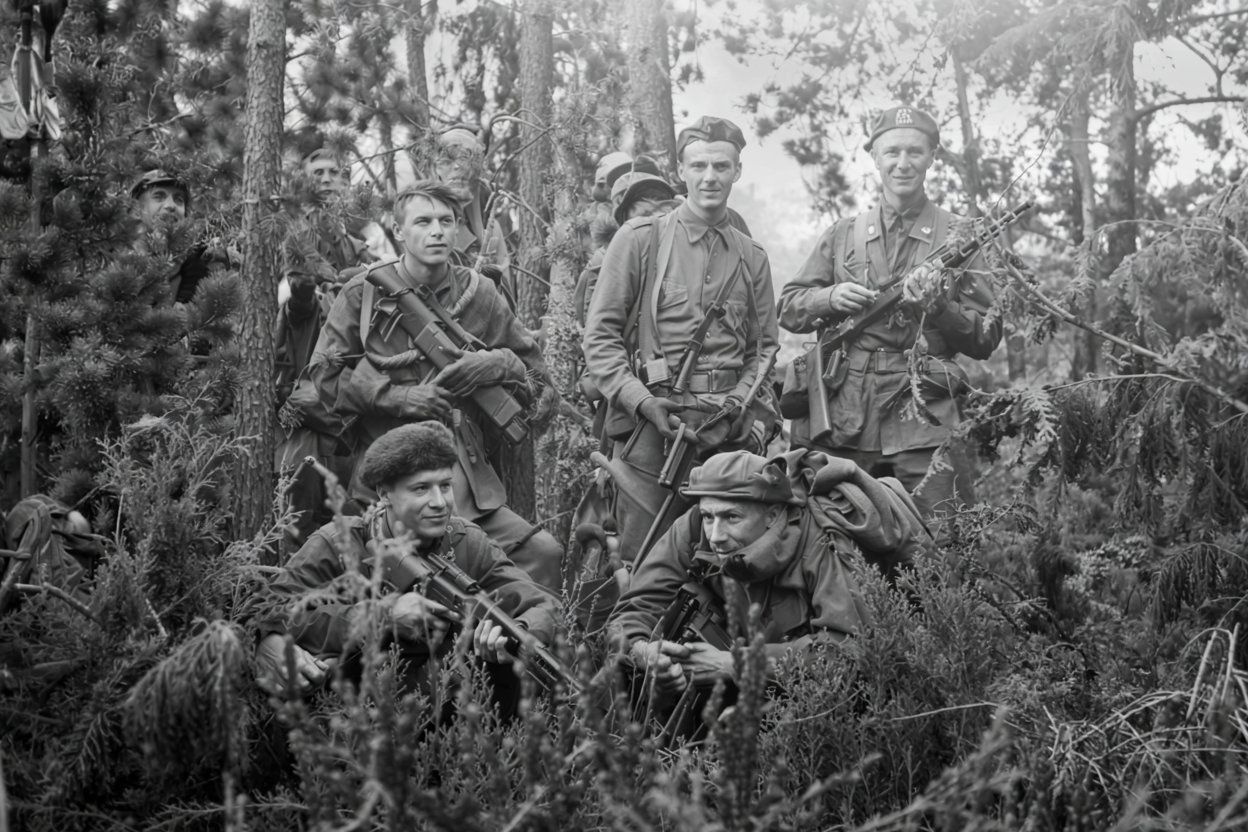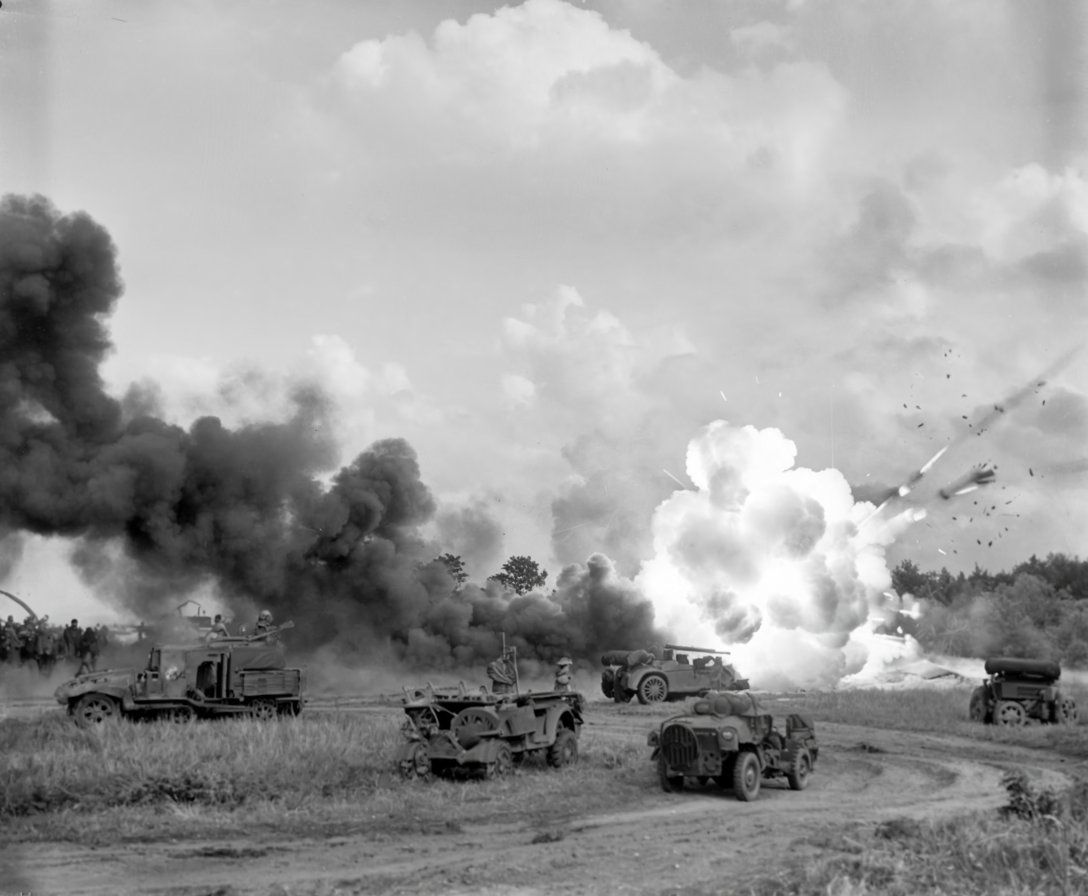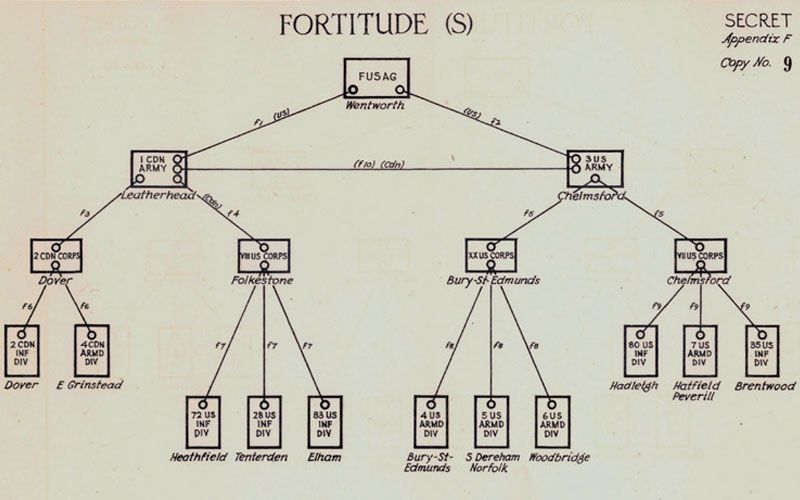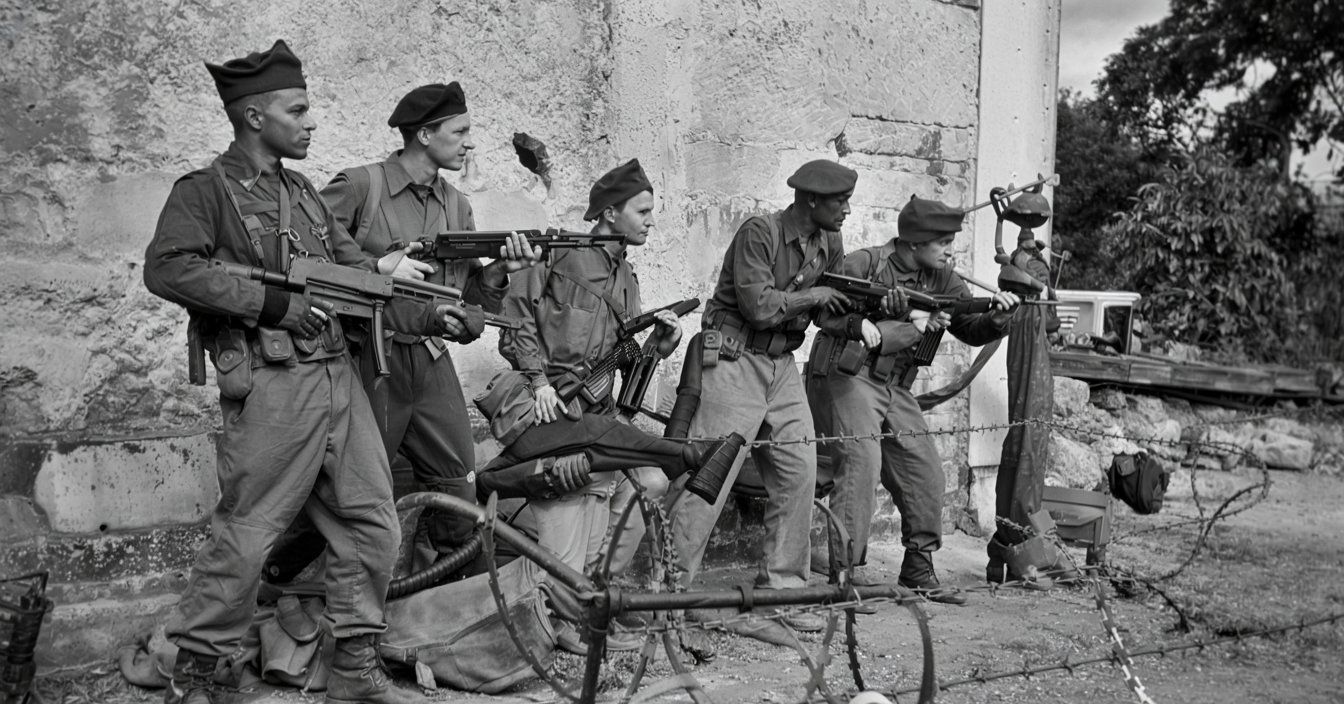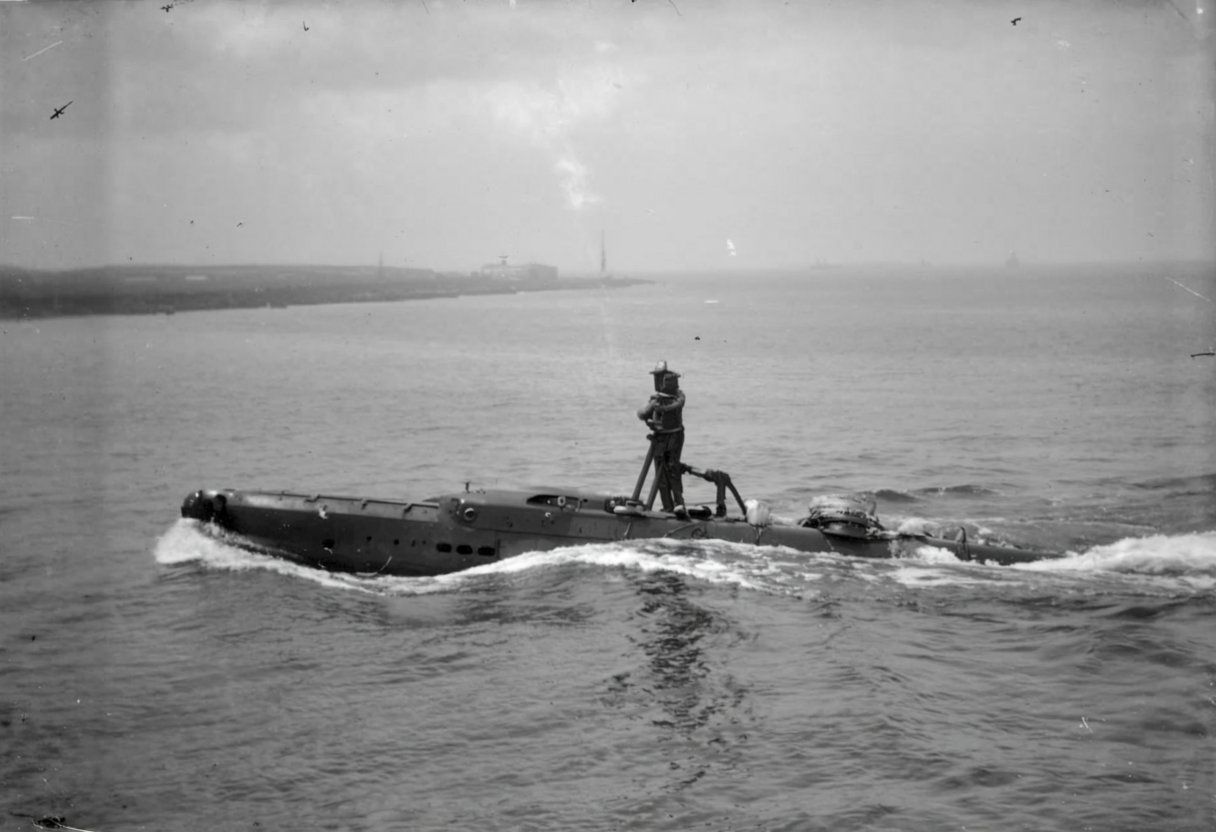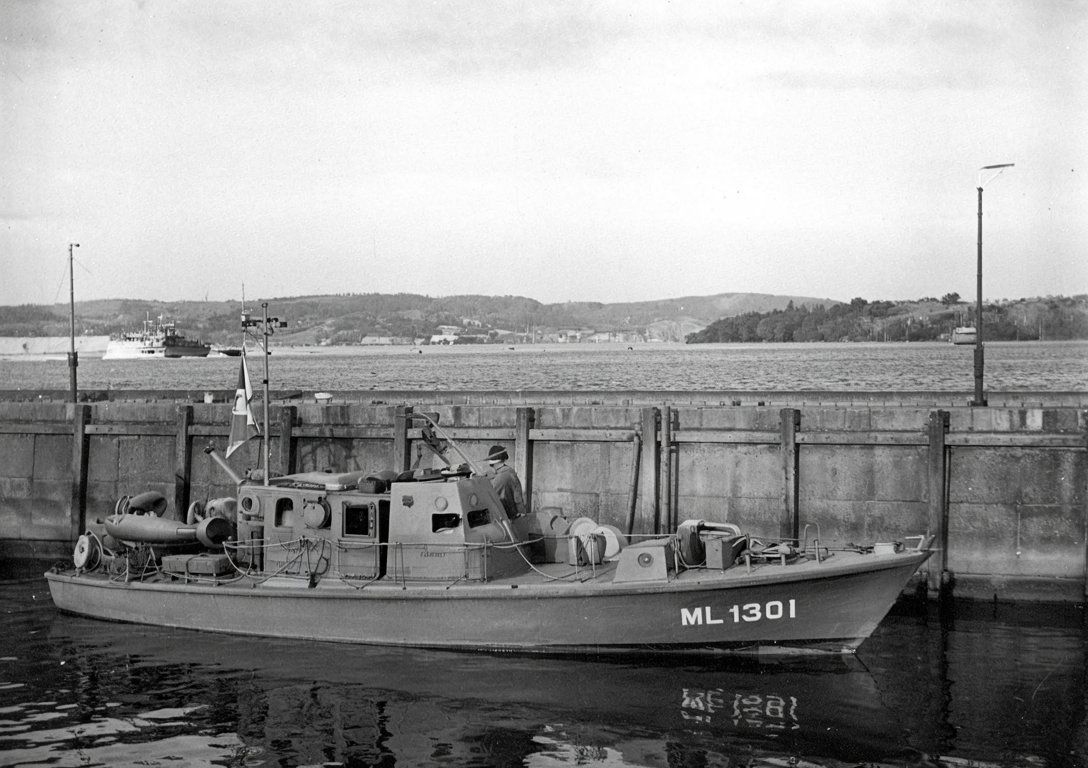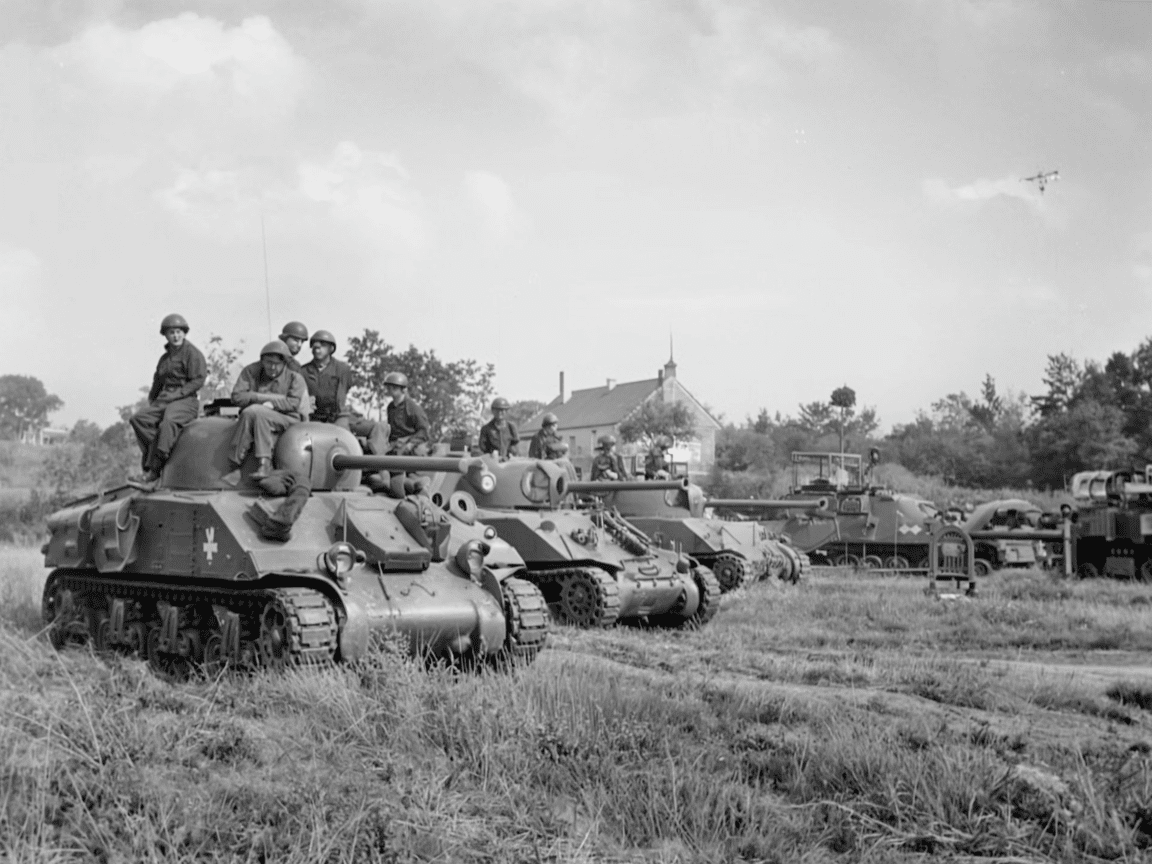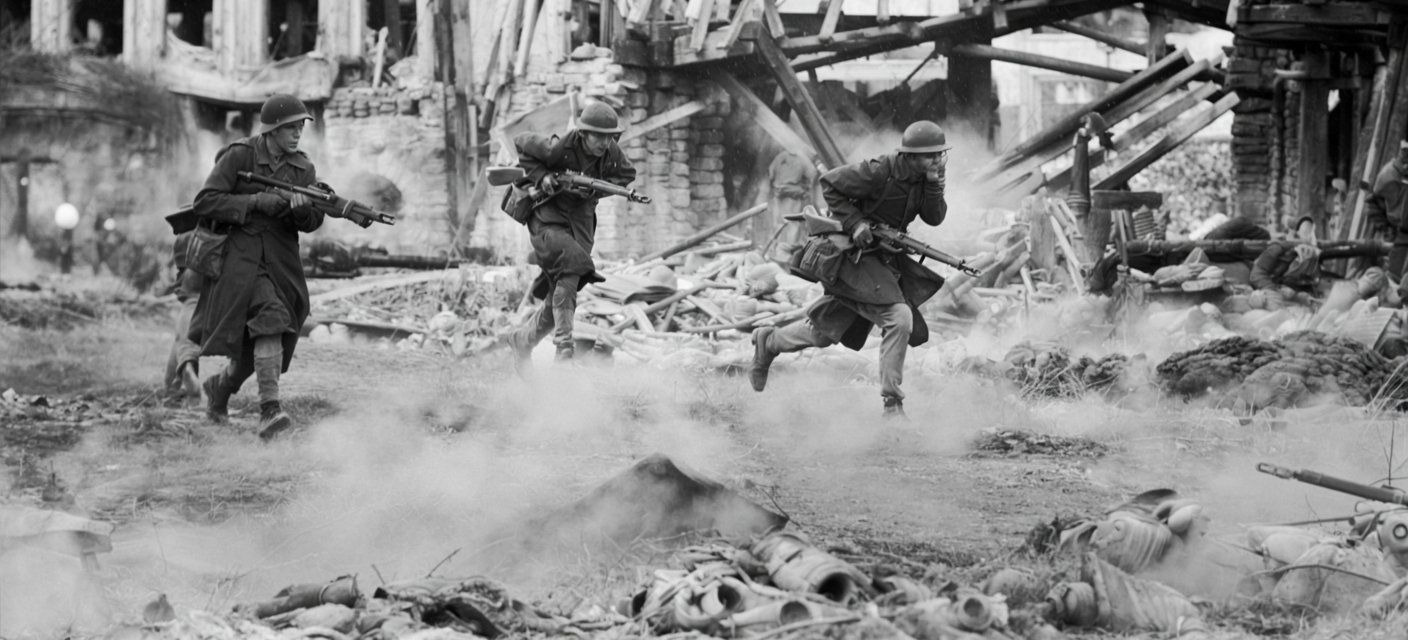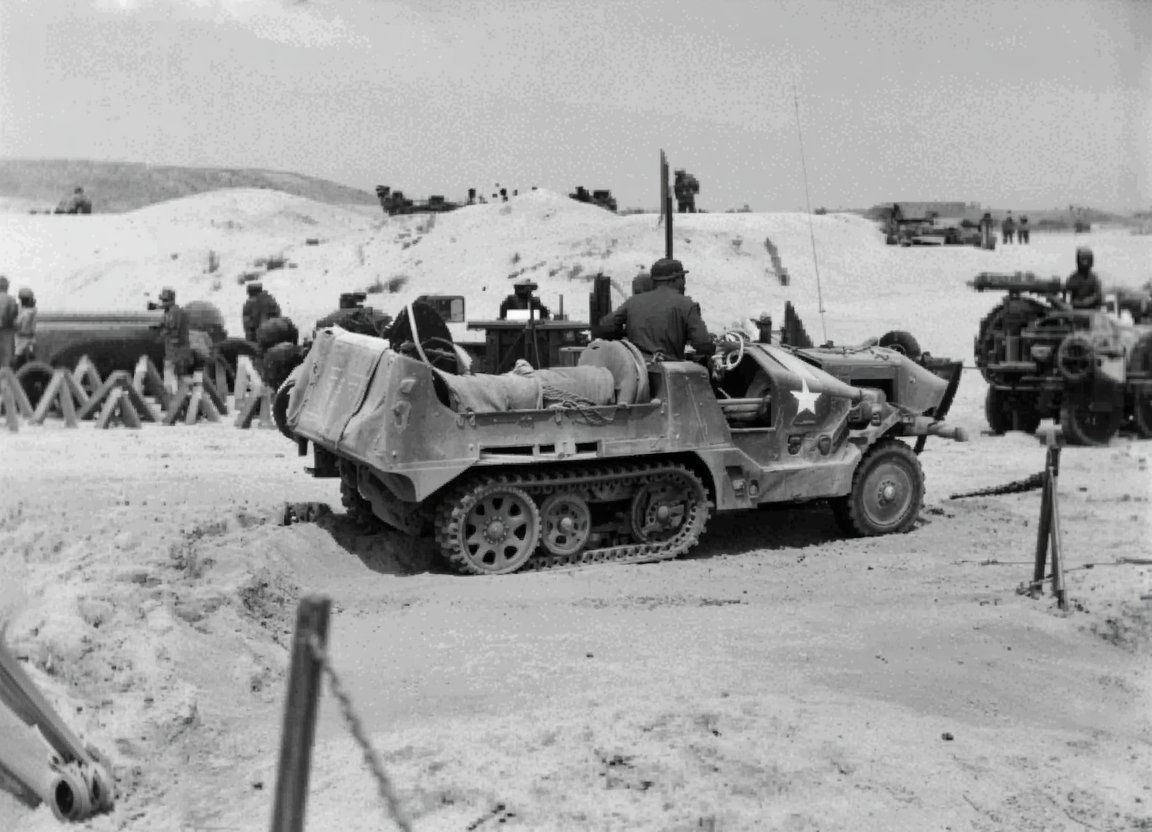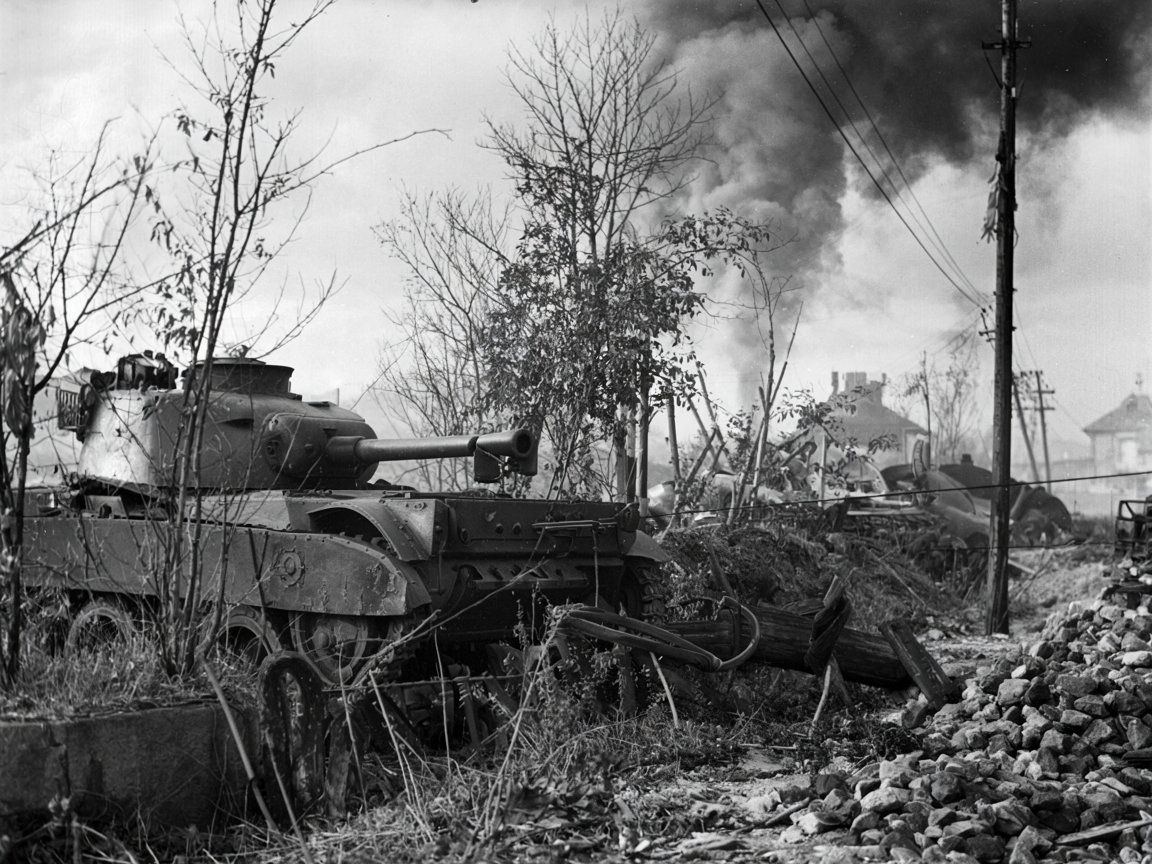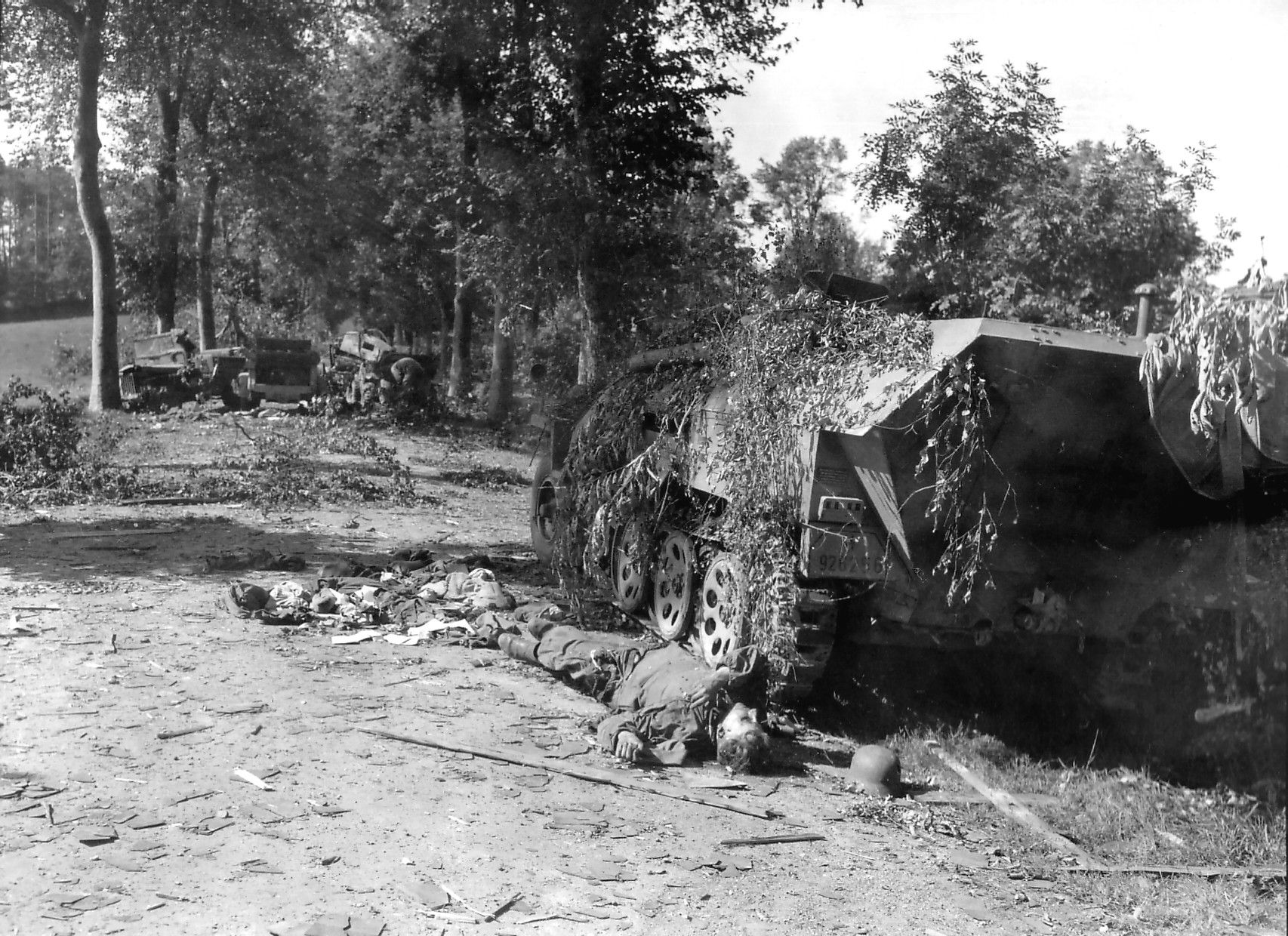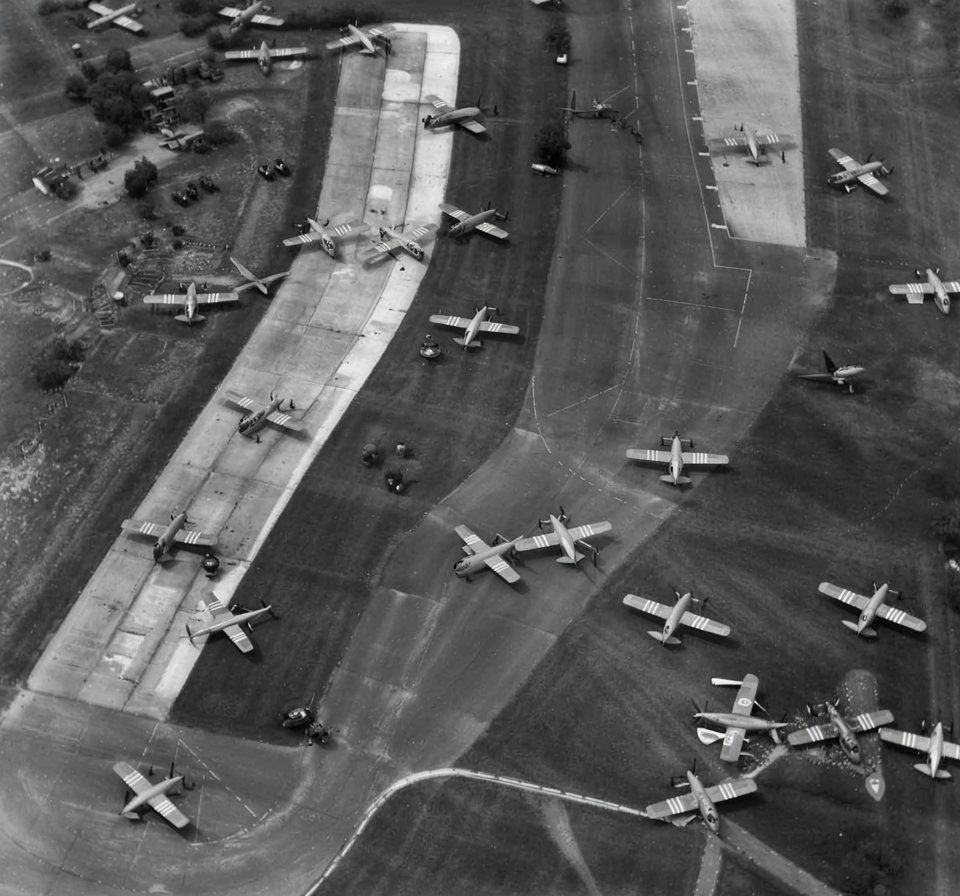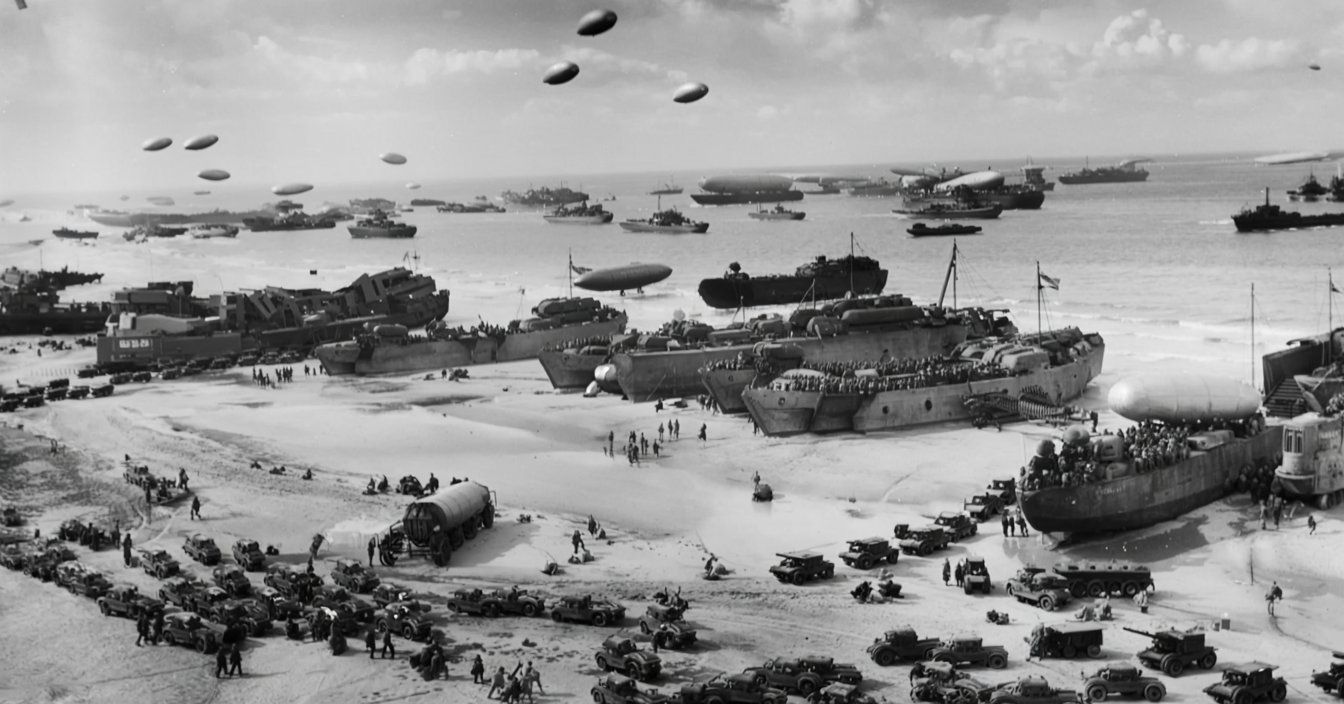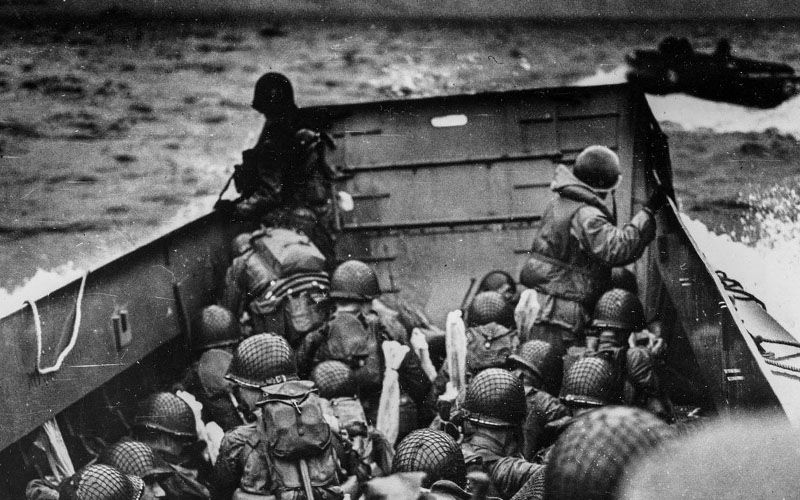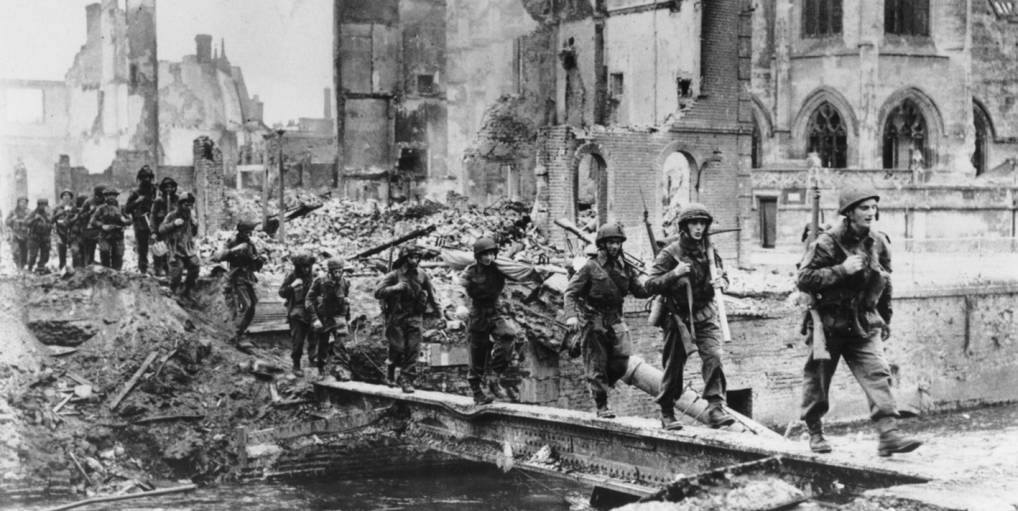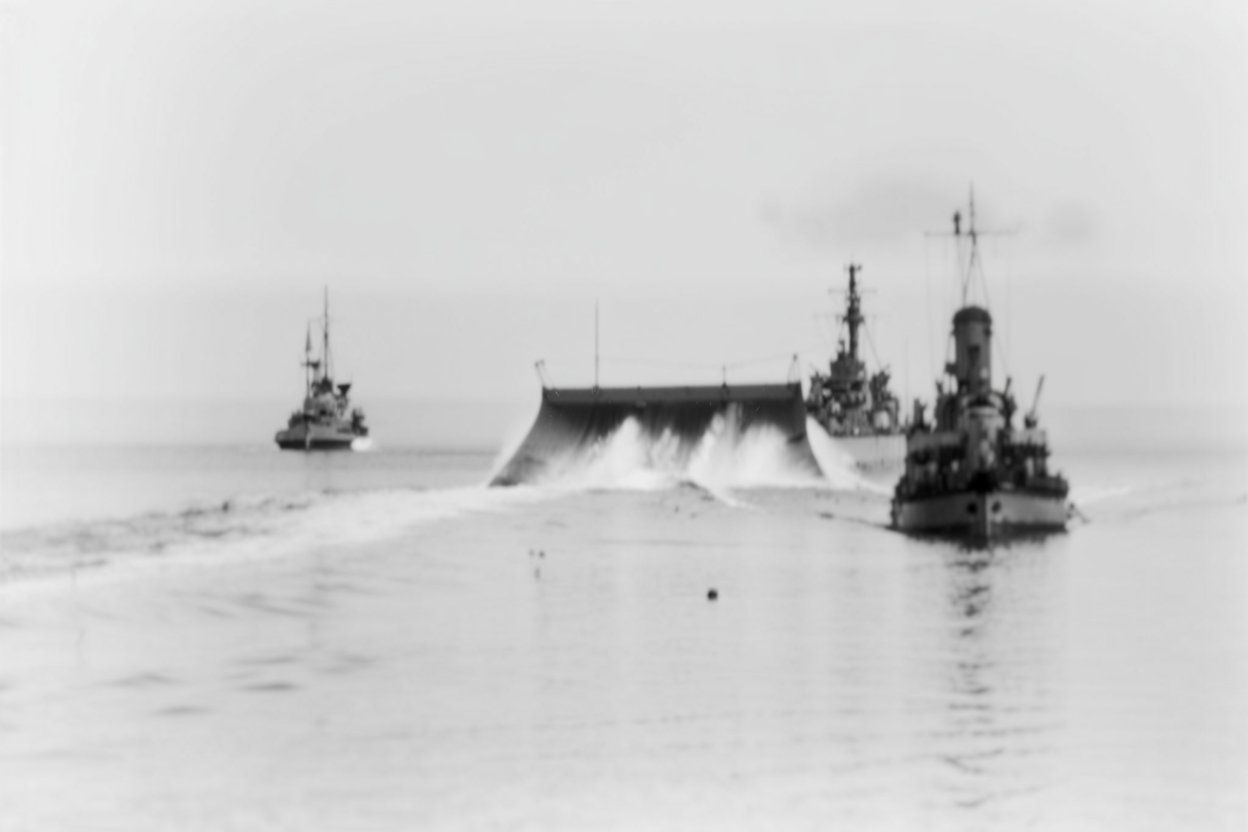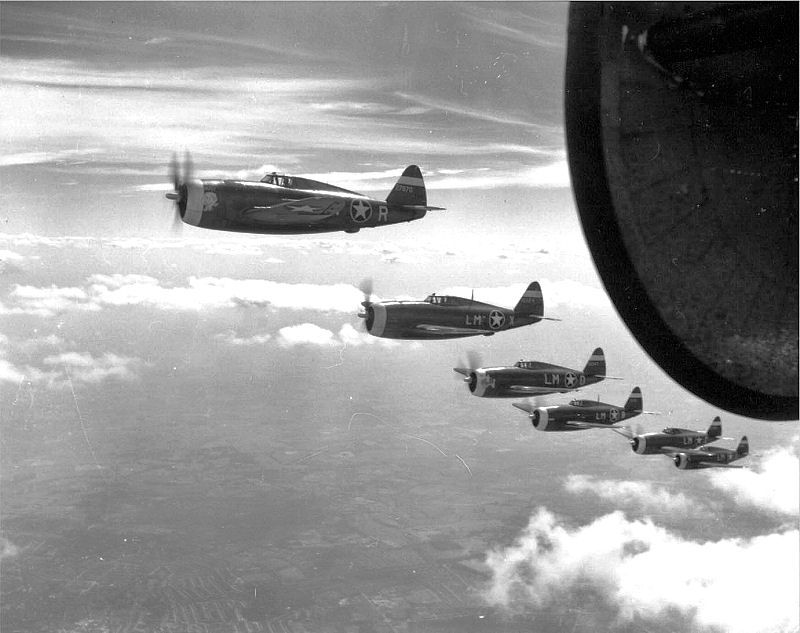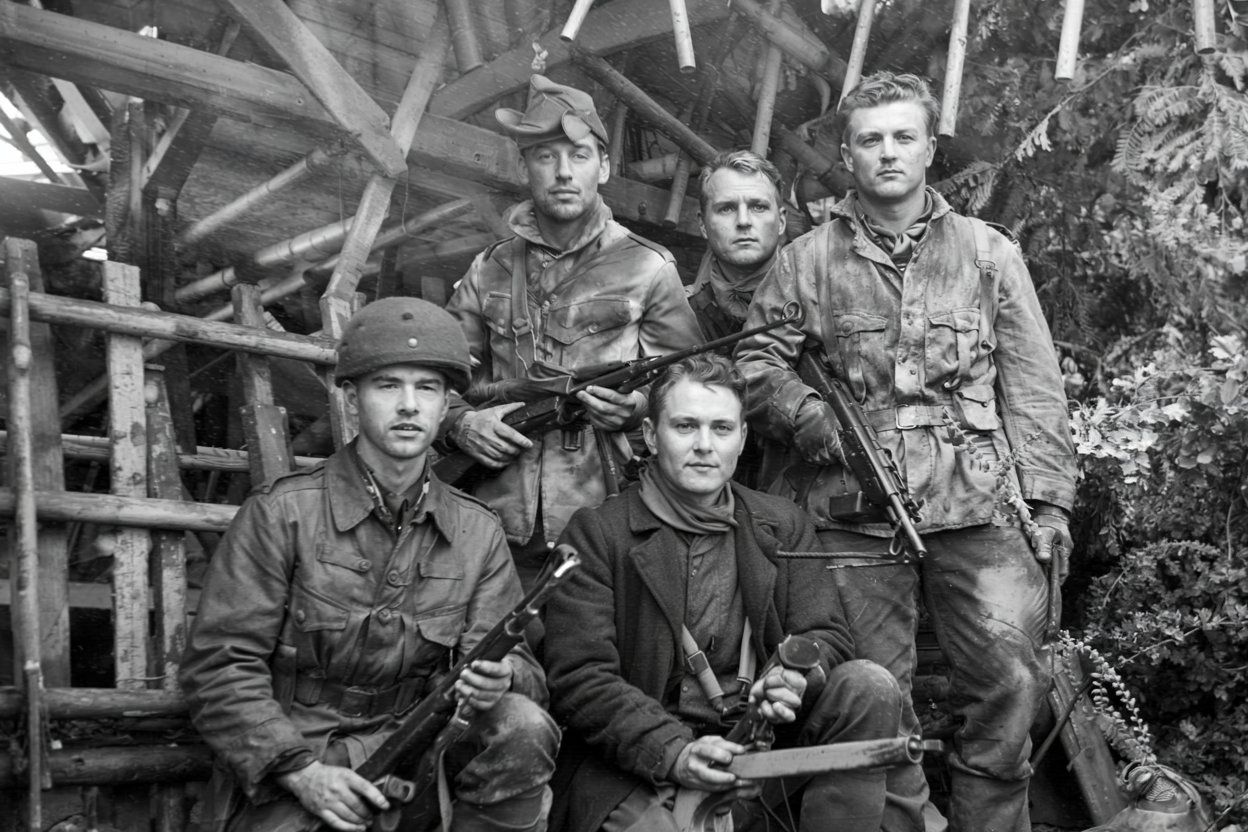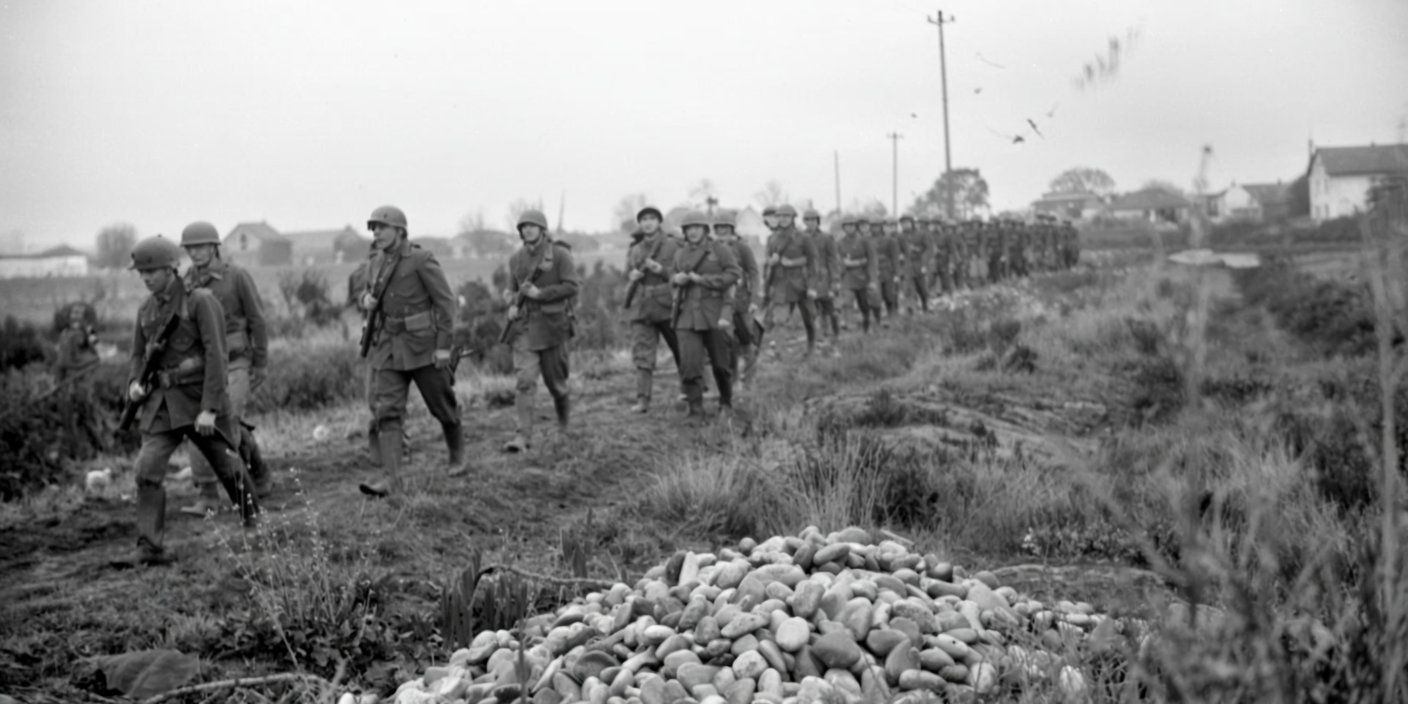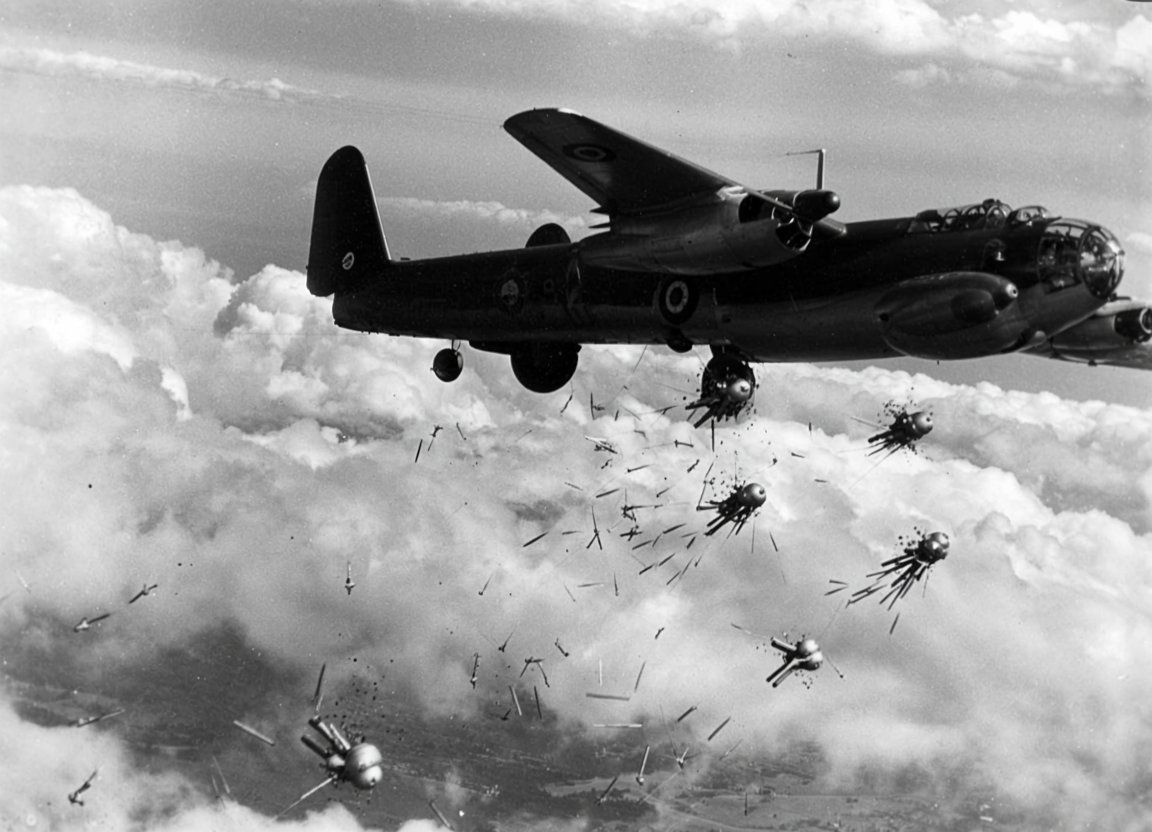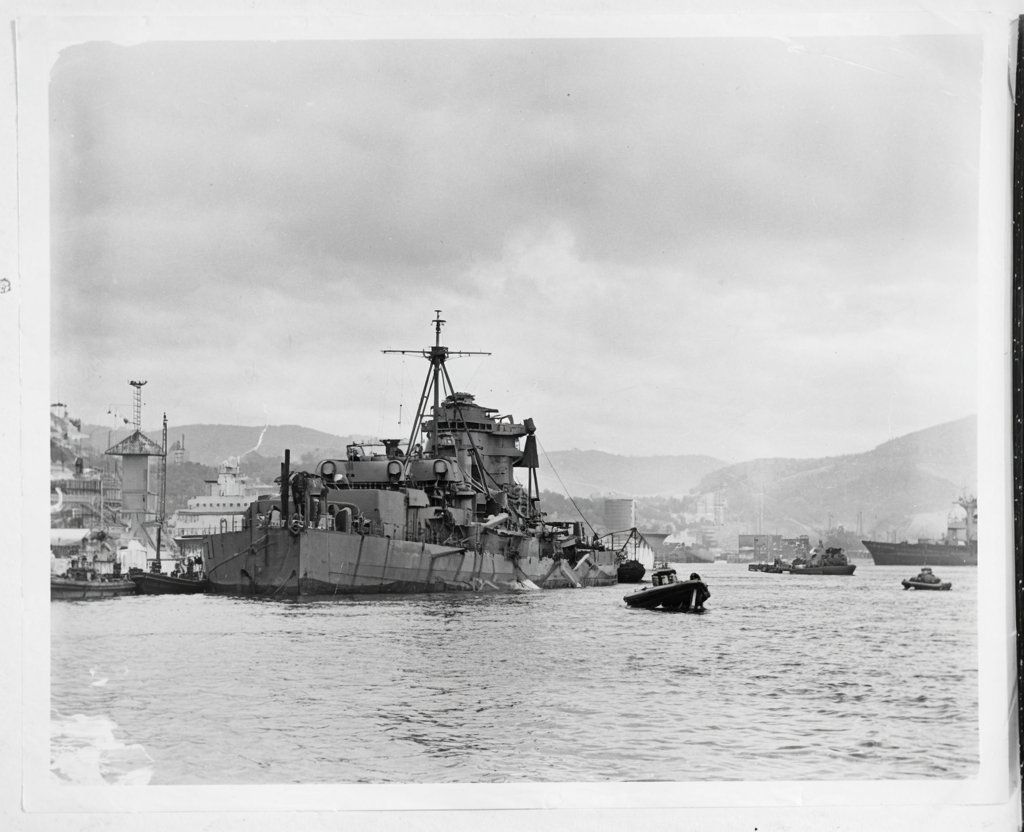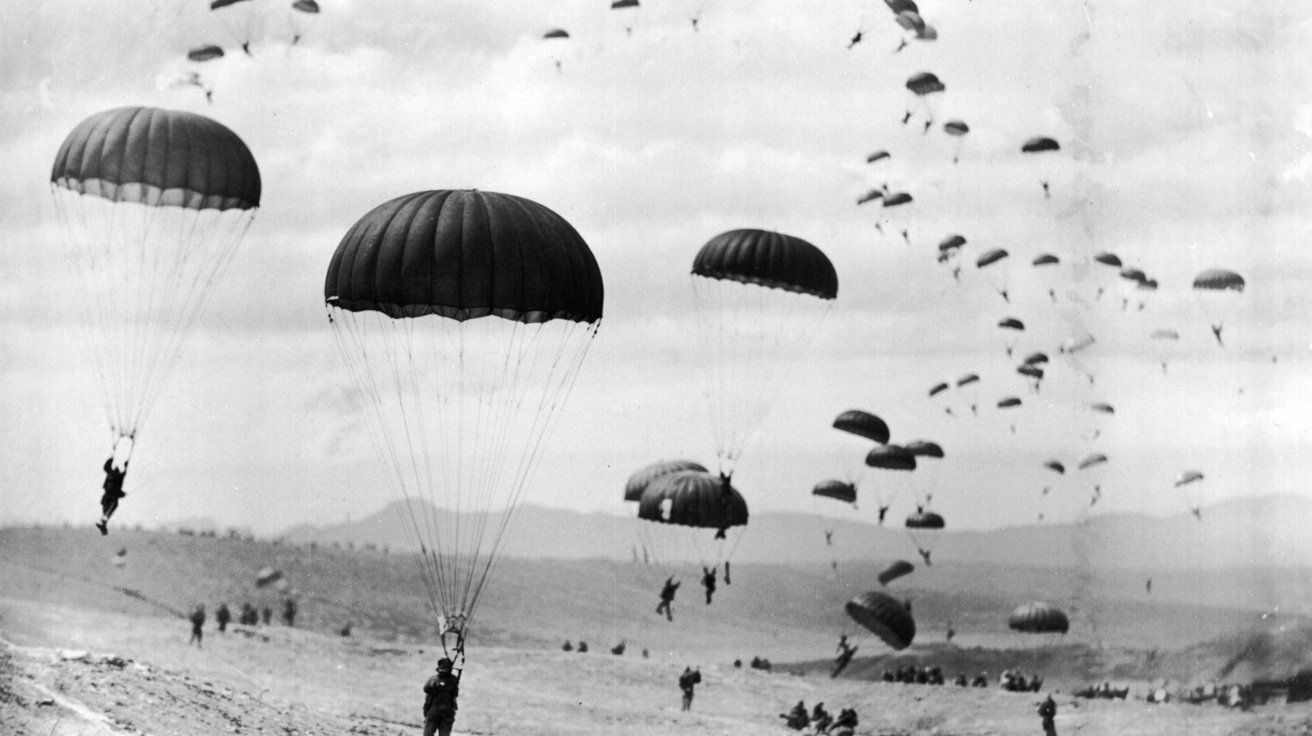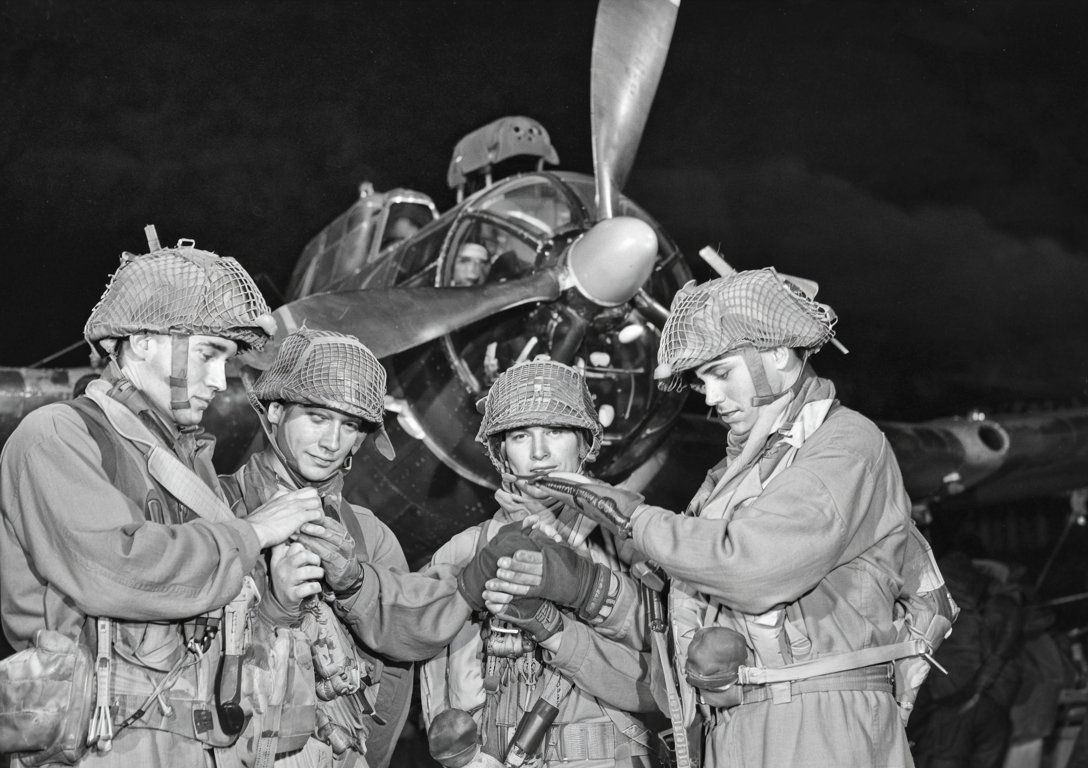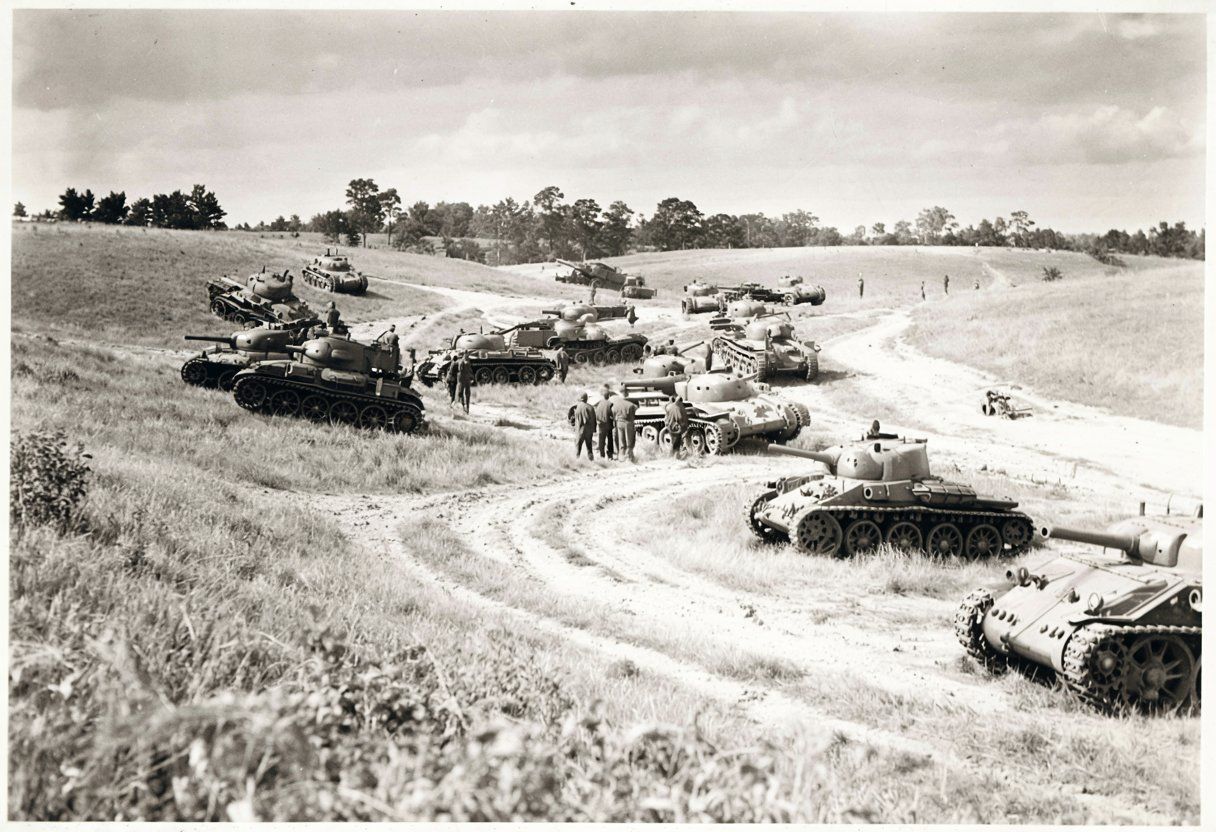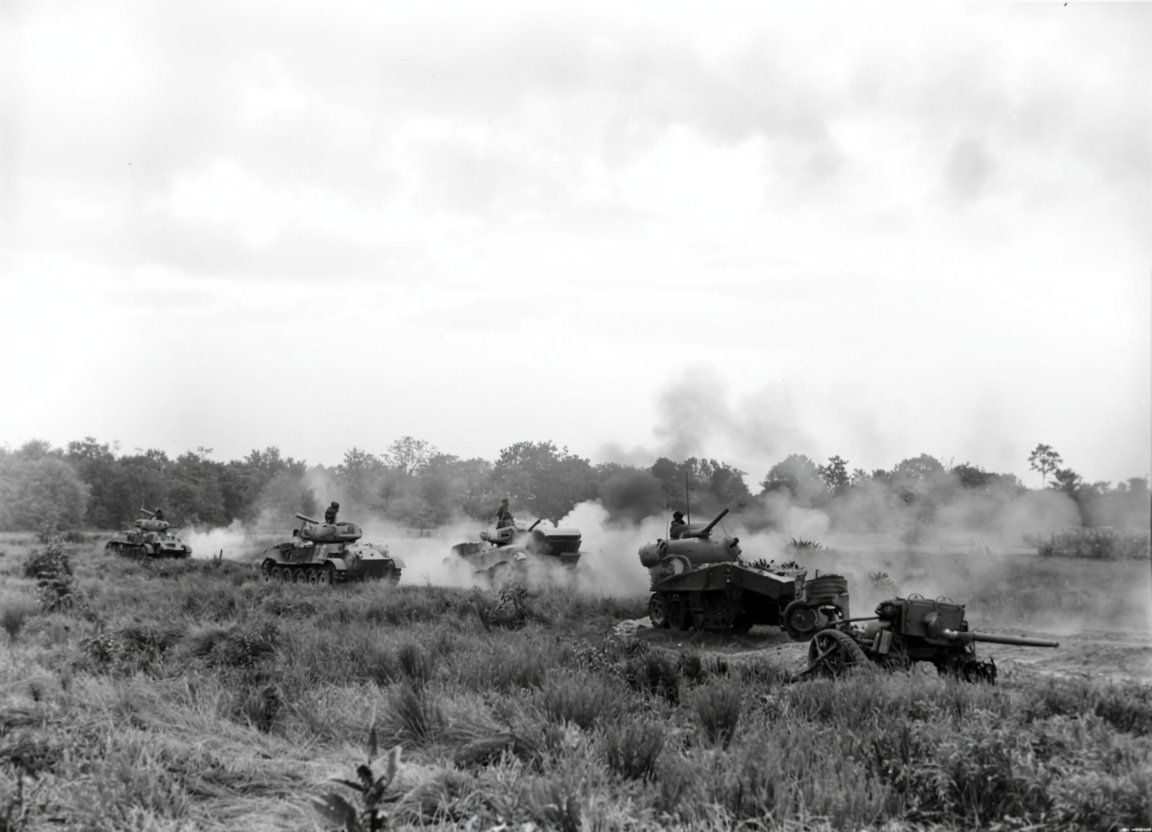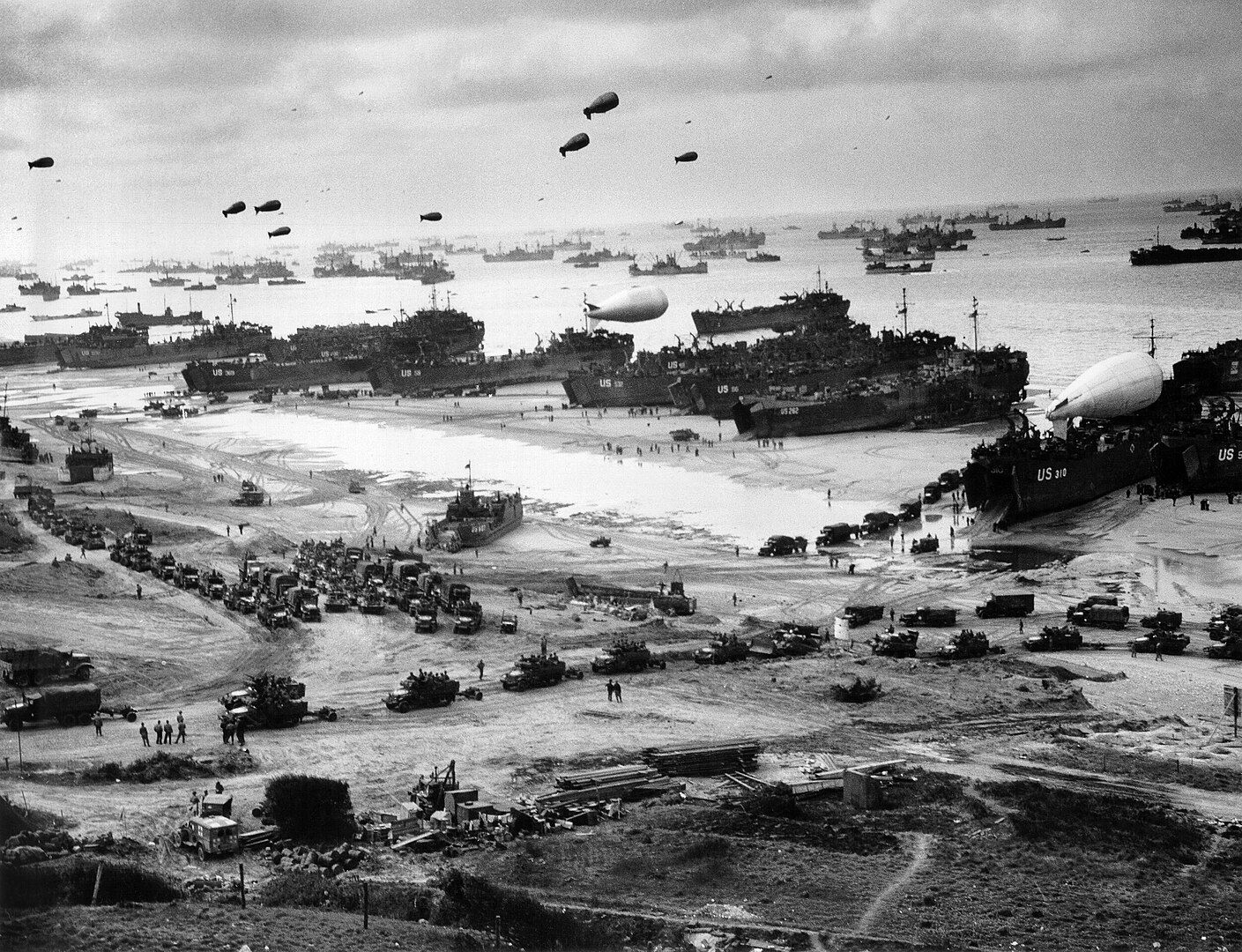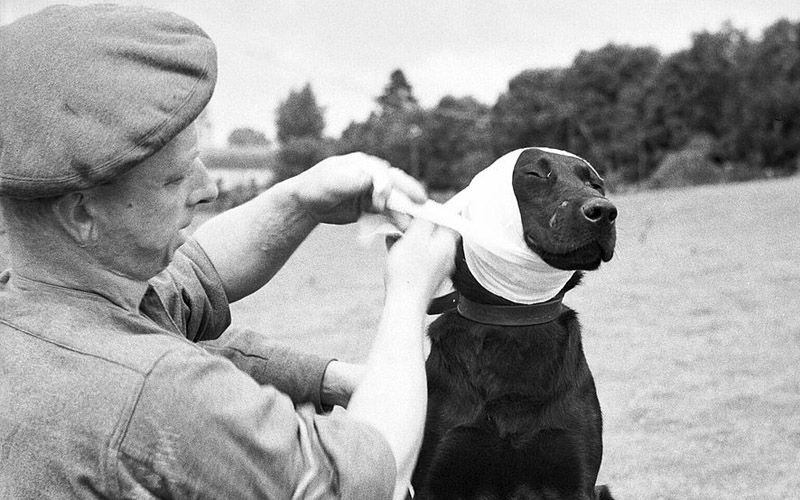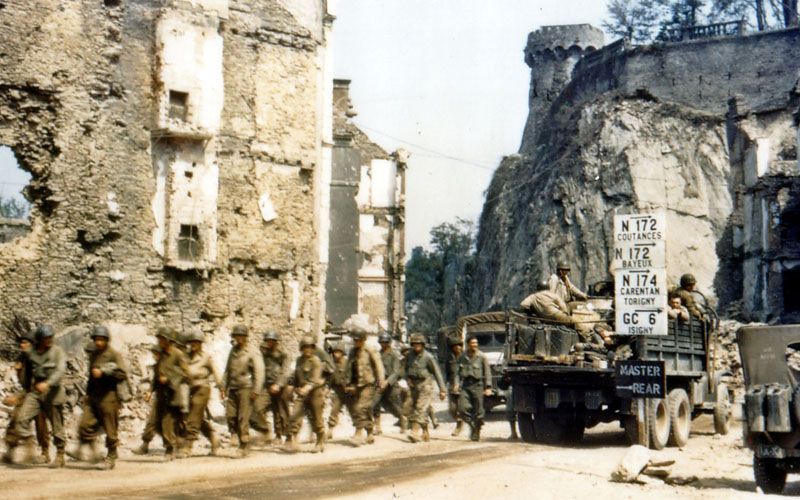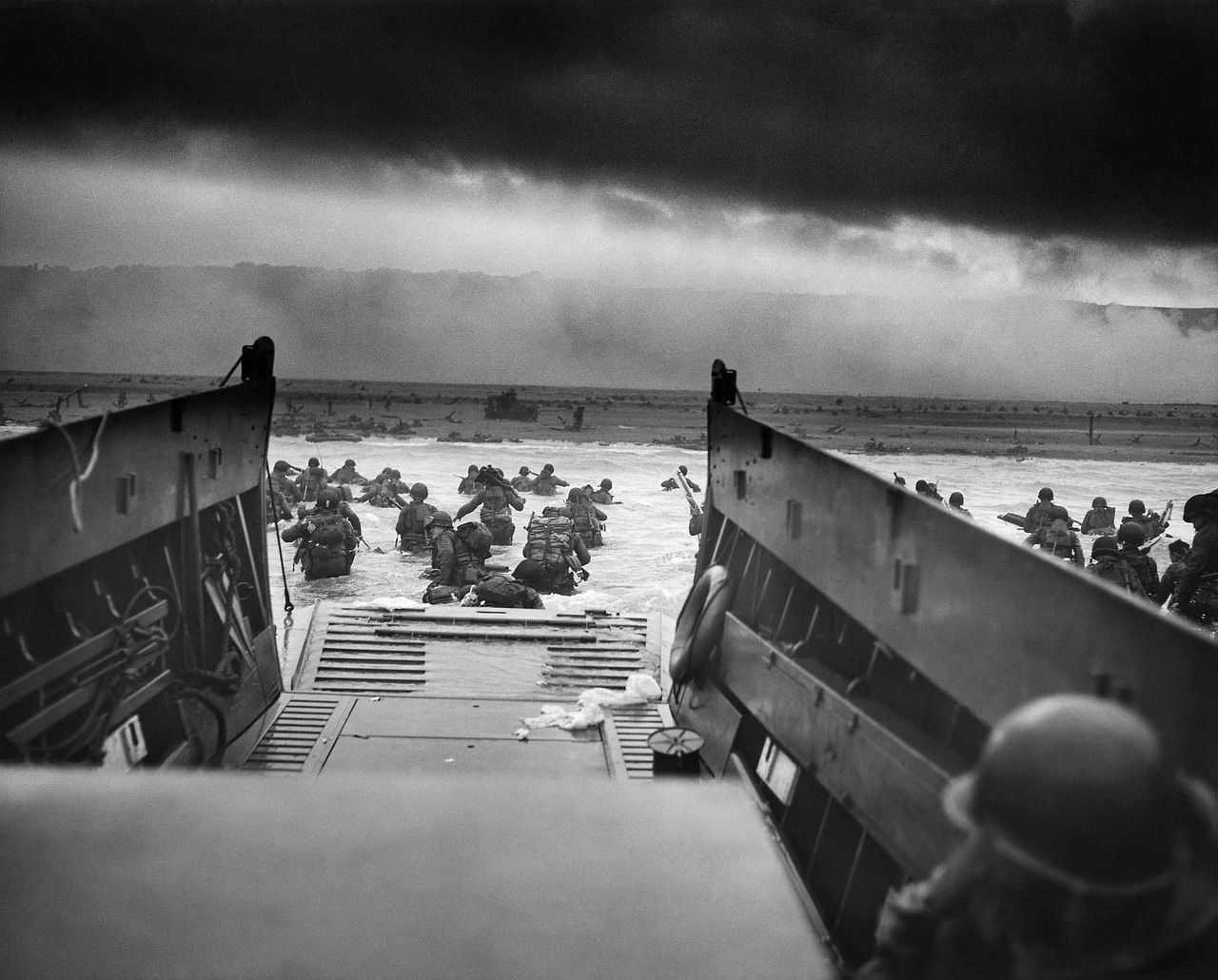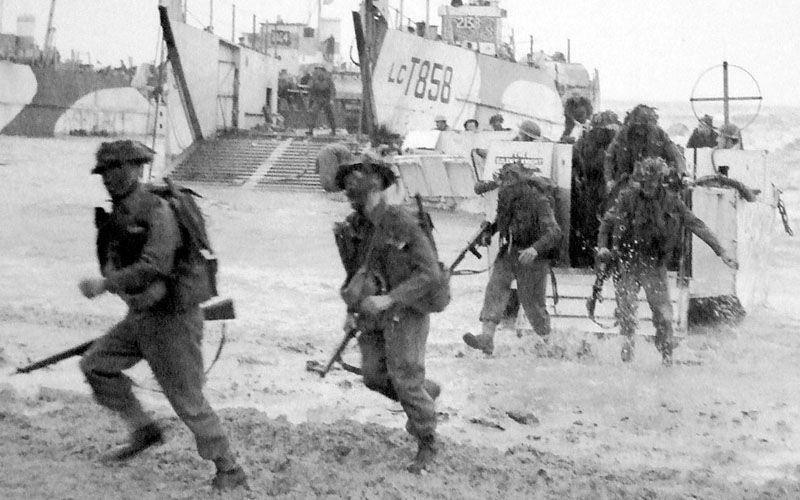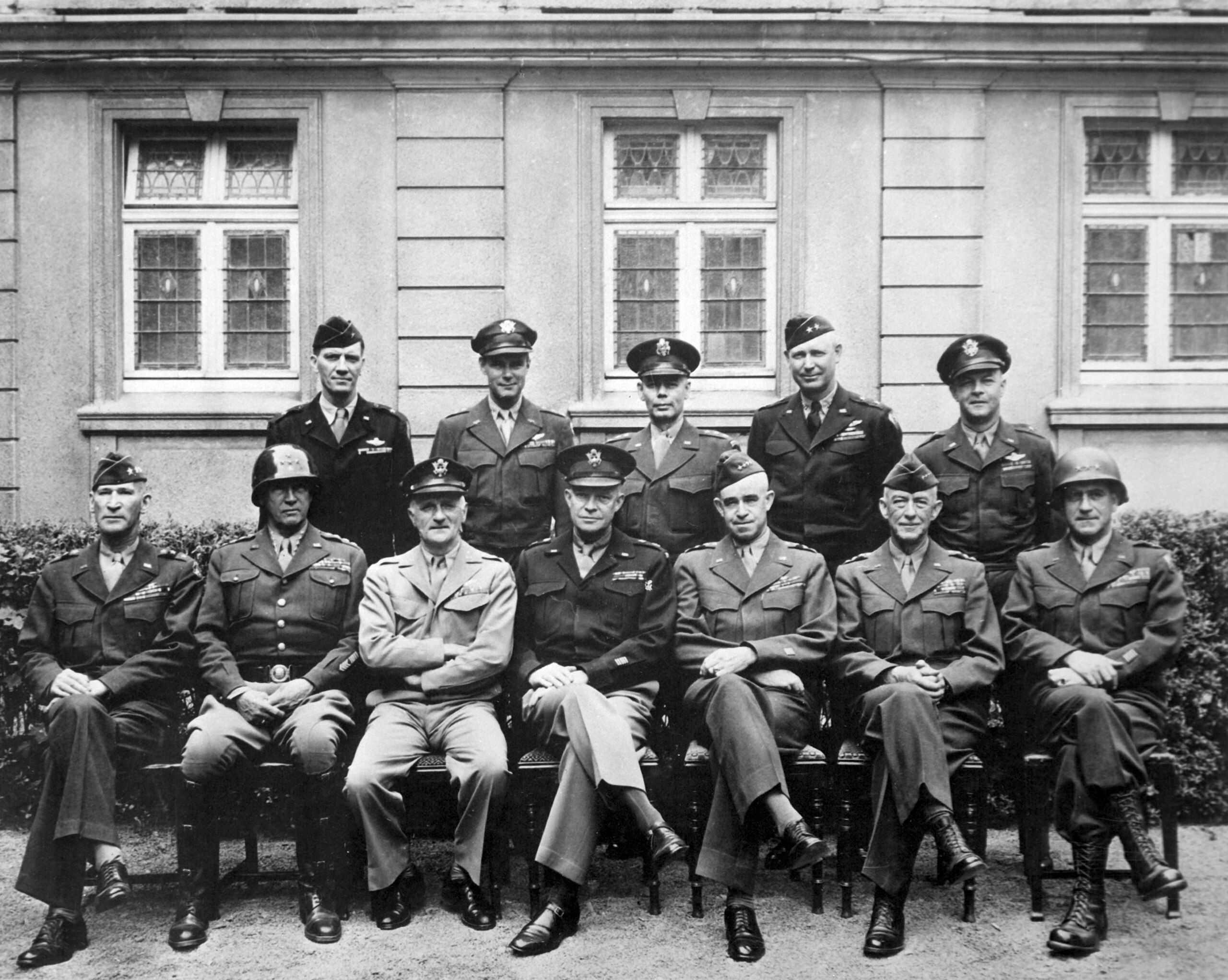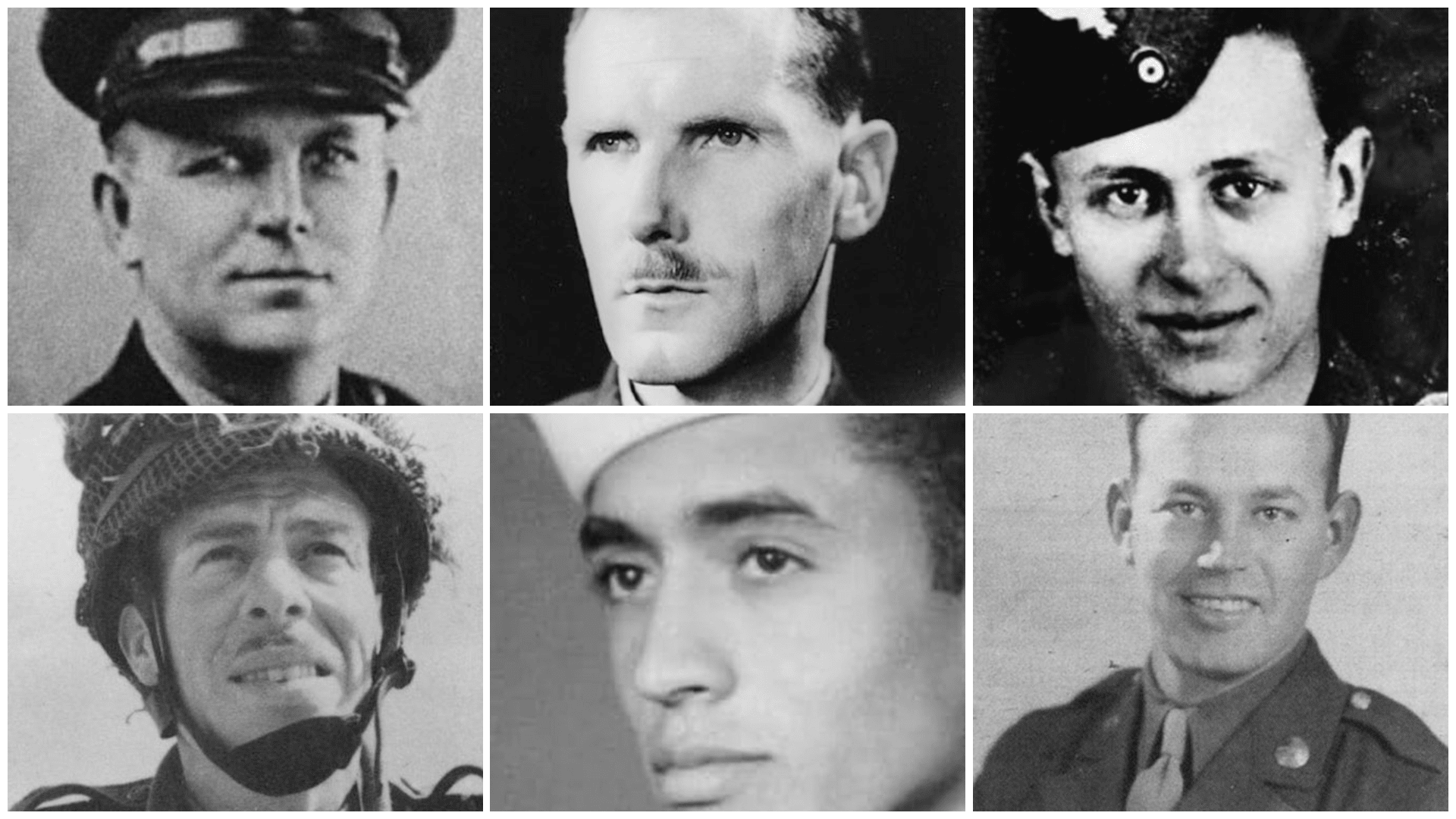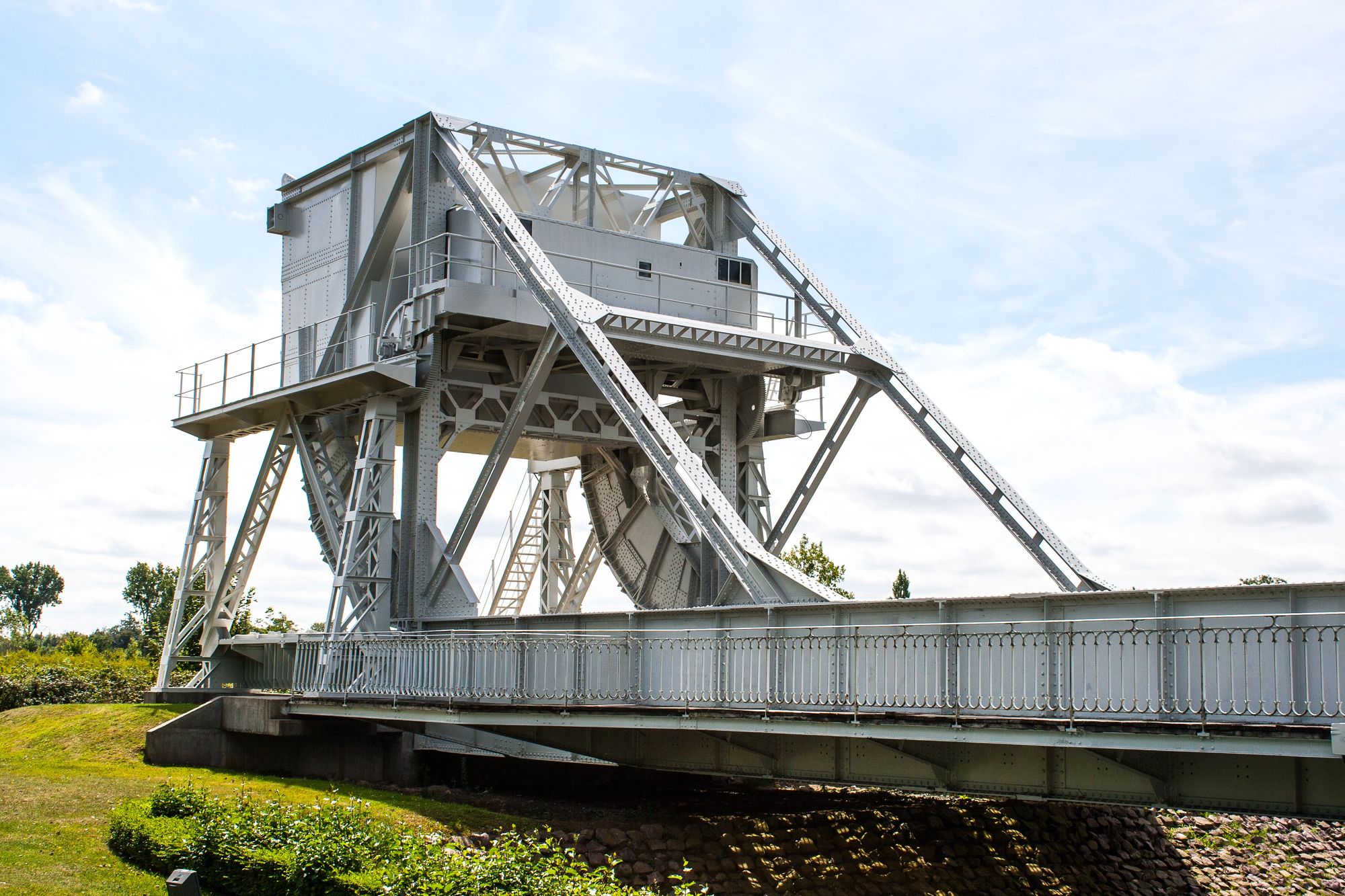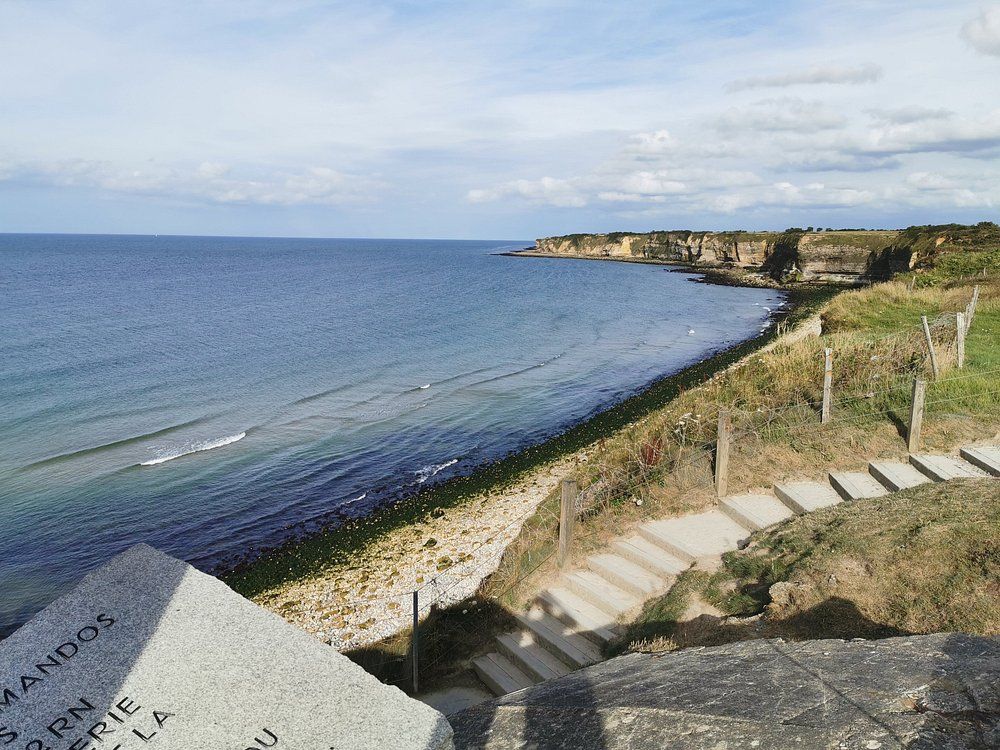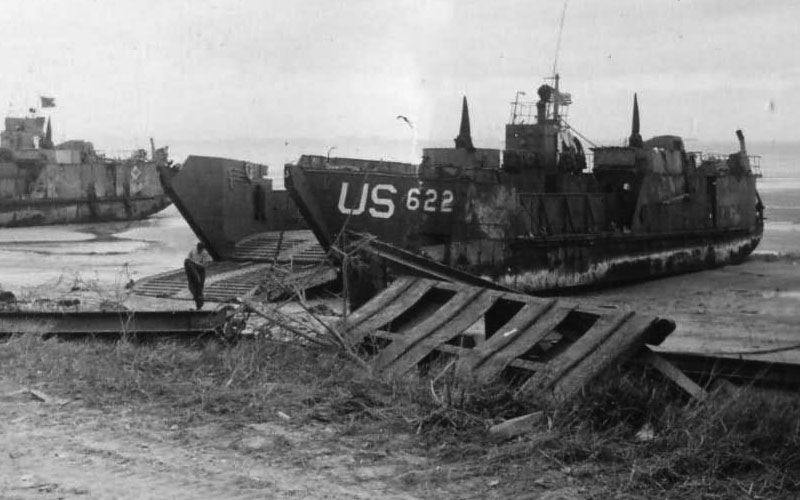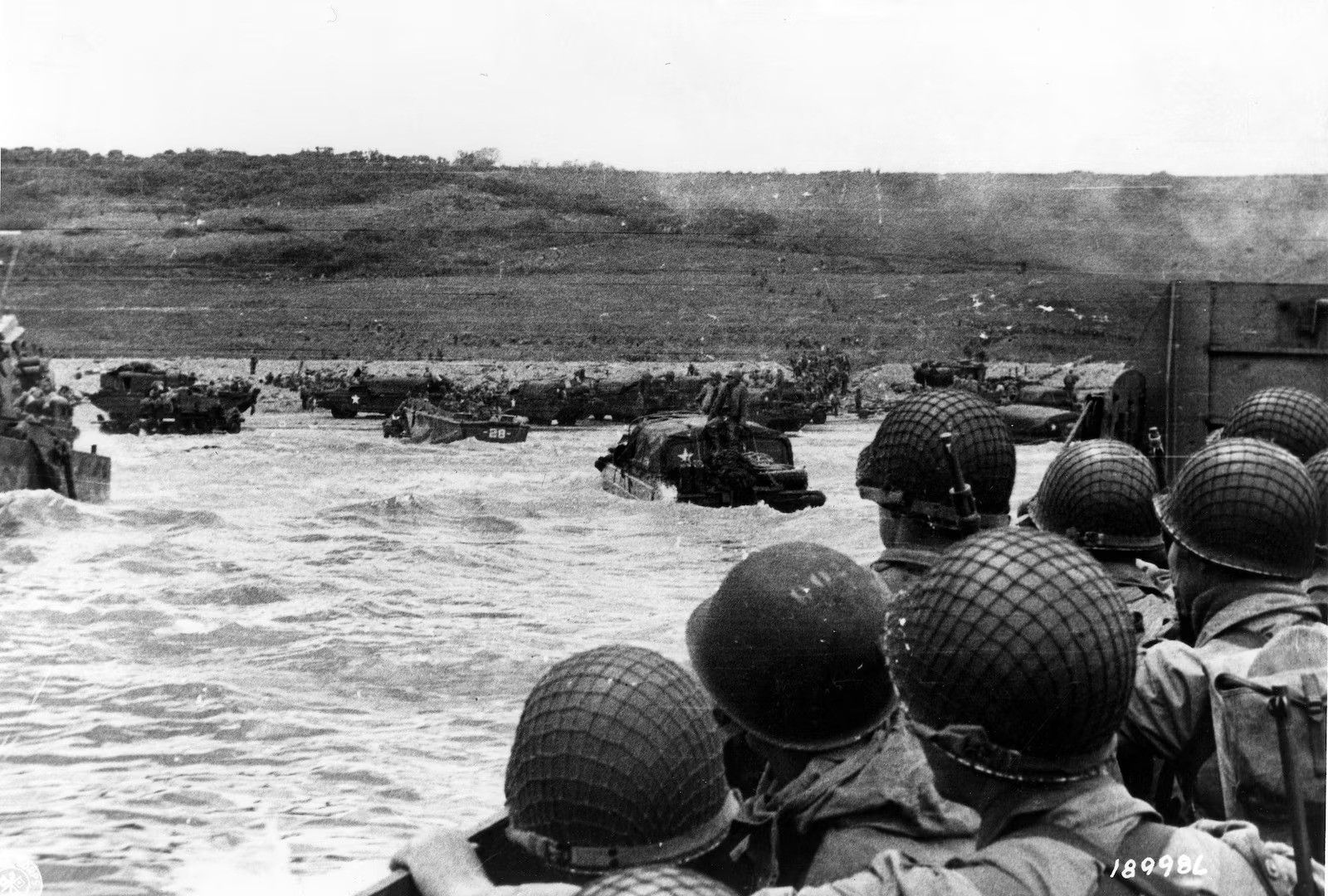The success of the Allied invasion of Normandy on June 6, 1944, relied on an intricate web of military operations, each with its own codename and specific objective. From the overarching Operation Overlord that encompassed the entire Normandy Campaign to specialized missions like Operation Deadstick’s capture of Pegasus Bridge, these military endeavors represented different components of the most complex amphibious assault in military history.
This comprehensive index catalogues the operations that made D-Day possible—from deception campaigns that misled German forces about Allied intentions, to the naval component Operation Neptune that delivered troops to the beaches, to subsequent breakout operations that secured Allied footholds and enabled the push across France. Each codename represents countless hours of planning, thousands of personnel, and strategic objectives that collectively changed the course of World War II.
Walk in the Footsteps of Heroes in Normandy
Visit Recommended D-Day historic hotels and B&Bs along the invasion beaches.
Browse Normandy Stays
Understanding these operations provides crucial insight into the scale, complexity, and strategic brilliance behind the liberation of Western Europe. Whether examining the pre-invasion deception operations or the post-landing battles to expand the beachhead, this index serves as a guide to the military architecture of one of history’s most consequential military campaigns.
List of All D-Day Operations:
Operation Albany was a crucial part of the D-Day invasion during World War II. As night fell on June 6, 1944, the 101st Airborne Division parachuted into Normandy, France. Their mission was to secure key positions north of Carentan and protect the left flank of the Allied invasion force coming ...
Operation Atlantic was a Canadian military operation that began on July 18, 1944, alongside the British Operation Goodwood. Many people often mix this up with D-Day, which took place earlier on June 6, 1944, when over 150,000 Allied troops landed across five Normandy beaches: Sword, Juno, Gold, Omaha, and Utah ...
Operation Biting was a daring British raid on a German radar installation in Bruneval, northern France during World War II. This February 1942 mission, also known as the Bruneval Raid, marked one of the first successful Combined Operations of the war, setting an important precedent for future operations including D-Day ...
Operation Bluecoat was a critical British offensive that took place from July 30 to August 7, 1944, during the Battle of Normandy. This operation came nearly two months after the famous D-Day landings and served a dual purpose in the Allied strategy. Operation Bluecoat aimed to maintain pressure on German ...
Although the Germans knew an Allied invasion of north-west Europe was going to come - it was critical that the key details of exactly when and where remained a complete surprise. By 1943 Hitler was defending the entire European western coast, with no clear knowledge of where the Allied invasion ...
Before the famous D-Day invasion in 1944, a massive military buildup took place in the United Kingdom. This operation, codenamed "Bolero," involved transporting American troops and equipment across the Atlantic Ocean to England. Operation Bolero was critical to the success of D-Day because it established the necessary forces and supplies ...
In the early hours of June 6, 1944, American paratroopers filled the skies over Normandy during a daring nighttime operation called Mission Boston. Major General Matthew Ridgway led the U.S. 82nd Airborne Division, which dropped 6,420 brave soldiers behind enemy lines to secure vital access roads before the main beach ...
Operation Charnwood was a major Allied offensive during World War II that took place on July 8-9, 1944, about a month after the D-Day landings. This Anglo-Canadian attack was part of the larger Battle for Caen in Normandy, where Allied forces sought to capture this strategic French city from German ...
Operation Chattanooga Choo-Choo was a crucial Allied air offensive that played a significant role in the lead-up to D-Day in 1944. Air Chief Marshal Sir Trafford Leigh-Mallory's Allied Expeditionary Air Forces led this mission, targeting Nazi transportation networks across France and Germany. The operation's primary goal was to disrupt and ...
Operation Chicago was a crucial part of the Allied invasion of Normandy on June 6, 1944. This mission involved using gliders to transport reinforcements for the 101st Airborne Division during the early hours of D-Day. The operation primarily focused on bringing artillery support to the battlefield. 44 gliders carried Batteries ...
Operation Cobra was a major American offensive launched seven weeks after the D-Day landings in Normandy during World War II. Lieutenant General Omar Bradley led this bold operation to break through the difficult hedgerow country that had bogged down Allied forces since the initial invasion. The operation, which began on ...
In the early hours of June 6, 1944, most Allied forces were still preparing for the massive D-Day landings. Meanwhile, a small group of British airborne troops carried out a crucial mission known as Operation Deadstick. This daring operation began late on June 5, with six Horsa gliders being towed ...
Operation Detroit was a crucial part of the D-Day invasion during World War II. As the dawn broke on June 6, 1944, gliders carrying soldiers of the 82nd Airborne Division descended onto the fields of Normandy. These brave men were tasked with a specific mission - to secure key access ...
While most people remember D-Day as the massive Allied invasion of Normandy on June 6, 1944, few know about Operation Dingson, a special mission that took place during this crucial period. Operation Dingson involved 178 Free French paratroopers from the 4th Special Air Service (SAS) who dropped into Brittany between ...
Operation Epsom is one of the key British offensives launched after the initial D-Day landings in Normandy. Taking place from June 26-30, 1944, this battle represented the largest Allied operation since the invasion began and focused on capturing territory west of the strategic city of Caen. Lieutenant General Sir Richard ...
Operation Fortitude was one of the most successful military deception operations in history. The Allied forces created this plan to confuse Nazi Germany about the real target of the D-Day invasion in 1944. Operation Fortitude saved thousands of Allied lives by convincing Hitler that the main invasion would occur at ...
Operation Gaff was a daring mission conducted by a six-man Special Air Service (SAS) commando team during World War II. These brave soldiers parachuted into German-occupied France on July 25, 1944, weeks after the famous D-Day landings. Their mission was incredibly bold - to kill or kidnap Field Marshal Erwin ...
Operation Gambit was a crucial part of the larger D-Day invasion during World War II. In the early hours of June 6, 1944, two British X-class midget submarines quietly positioned themselves off the coast of Normandy, France. These small submarines, manned by brave crews of five men each, served as ...
Operation Glimmer was one of three clever deception tactics used by Allied forces on D-Day, June 6, 1944. Along with Operations Taxable and Big Drum, it aimed to confuse German radar and draw attention away from the real Normandy landing sites. The Royal Air Force created false radar signatures by ...
Operation Goodwood was a major British offensive during World War II that took place between July 18 and 20, 1944. While many people associate the Allied invasion of Europe with D-Day on June 6, this operation came later as part of the larger battle for Caen in Normandy. The attack ...
D-Day is one of the most crucial military operations of World War II. On June 6, 1944, Allied forces launched a massive assault on the beaches of Normandy, France. Over 13,400 American paratroopers took part in what would become the largest airborne operation in history. Operation Hammer was a key ...
Operation Husky marked a turning point in World War II when Allied forces launched their invasion of Sicily on July 10, 1943. This massive amphibious assault was the largest of its kind at that time, involving thousands of troops landing on the southern shores of the Italian island. The operation ...
Operation Jupiter was a major offensive launched by the British Second Army during the Battle of Normandy. Taking place from July 10-11, 1944, about a month after the D-Day landings, this operation involved VIII Corps pushing against German defenses south of Caen. The 43rd (Wessex) Division led this attack in ...
Operation Lüttich, launched on August 7, 1944, was Nazi Germany's last major counter-offensive during the Battle of Normandy. Following the Allied success on D-Day and subsequent breakout, Hitler ordered German forces to push through Mortain and reach the coast, hoping to cut off the advancing U.S. First Army. This desperate ...
Operation Mallard was a crucial airborne mission on June 6, 1944, during the historic D-Day landings in Normandy. As evening fell on that fateful day, 246 aircraft took off from England at 6:40 pm, towing 216 Horsa and 30 Hamilcar gliders toward the battlefields of France. This second wave of ...
When the Allied forces planned the massive D-Day invasion of Normandy on June 6, 1944, they faced a critical problem: how to supply thousands of troops without capturing a major port. The ingenious solution came in the form of the Mulberry harbours - temporary, portable ports that could be towed ...
Operation Overlord is sometimes thought, albeit incorrectly, to refer solely to the Normandy landings on 6th June 1944 - or "D-Day" as it is more familiar to many. Overlord was, in fact, a much broader plan. Documents from SHAEF (Supreme Headquarters Allied Expeditionary Force) states the aim of Operation Overlord ...
Many people know about D-Day and the Normandy landings of June 1944, but fewer are familiar with Operation Paddle. This lesser-known offensive was launched on August 17, 1944, by British and Canadian forces as part of the larger Normandy campaign. General Montgomery's 21st Army Group launched Operation Paddle to encircle ...
Operation Pluto is one of World War II's most impressive engineering feats. This innovative project involved laying oil pipelines under the English Channel to supply fuel to Allied forces advancing through Europe after D-Day. Between June 1944 and February 1945, Operation Pluto (Pipelines Under The Ocean) delivered over 2.3 million ...
Operation Pointblank was a critical Allied bombing campaign that played a vital role in the success of the D-Day landings in World War II. Launched in June 1943, this joint US-British plan targeted German aircraft factories, military airfields, and other Luftwaffe infrastructure across Europe. The purpose of Operation Pointblank was ...
Operation Samwest was a key part of the D-Day invasion that many history books overlook. From June 5-12, 1944, 116 Free French paratroopers from the 4th Special Air Service Regiment dropped into Brittany, France. These brave soldiers were among the first Allied forces to land in occupied France during the ...
Many people associate D-Day solely with the June 6, 1944 Normandy landings (Operation Overlord), but the subsequent battles were equally crucial to the Allied victory in World War II. Operation Spring was a Canadian-led offensive that began on July 25, 1944, targeting the strategic Verrières Ridge south of Caen in ...
On June 6, 1944, Allied forces stormed the beaches of Normandy in Operation Overlord. A lesser-known but crucial deception played out over the English Channel. Operation Taxable was an ingenious radar deception carried out by Allied forces to convince German defenders that an invasion fleet was approaching the Pas de ...
In April 1944, Allied forces conducted a series of rehearsals to prepare troops for the real operation. One of these rehearsals, codenamed Exercise Tiger (or Operation Tiger), took place at Slapton Sands in England. What was meant to be crucial preparation for D-Day turned into one of the war's most ...
On the night of June 5-6, 1944, Allied forces prepared for the massive D-Day landings. A clever deception plan unfolded across the Norman countryside. Operation Titanic involved dropping hundreds of burlap dummy parachutists, nicknamed "Ruperts," along with special forces teams to create confusion about the true invasion location. These dummy ...
Operation Tonga was the codename for the British 6th Airborne Division's mission during the early hours of D-Day, June 6, 1944. Taking place between June 5-7, this airborne operation marked the first wave of Allied forces landing in Normandy to begin the liberation of Western Europe. The paratroopers had critical ...
Operation Totalize was a key Allied offensive that took place after the initial D-Day landings in Normandy during World War II. The operation was spearheaded by II Canadian Corps with support from British and Polish forces. The attack aimed to break through German defensive lines south of Caen and push ...
Operation Tractable was a significant military action during the Normandy campaign following D-Day in the Second World War. Canadian and Polish troops with British tank support conducted this operation. Operation Tractable aimed to break out of the Normandy region and close the Falaise Gap where German forces were trapped. The ...
Operation Overlord was the code name for the massive Allied invasion of Nazi-occupied Western Europe during World War II. Launched on June 6, 1944 - a day now known as D-Day - this operation marked the beginning of the liberation of Western Europe from Nazi control. Operation Overlord involved landing ...
In London W1 a memorial stands in honour of animals that served alongside British, Commonwealth and Allied forces during different 20th Century conflicts. Constructed from Portland Stone and cast bronze, ...
Although D-Day had been a success with a foothold achieved on the shores or Western Europe and lower than feared casualty figures, the Allies' progress in the coming days and ...
D-Day was the largest amphibious assault and the largest combined operation in history. Two years in the planning, over the course of one day enough men and materiel were landed ...
The Normandy landings of June 6, 1944, relied on a complex military infrastructure that developed its own specialized vocabulary—terms that sometimes confuse even dedicated history enthusiasts. This comprehensive glossary demystifies ...
The success of the Allied invasion of Normandy on June 6, 1944, relied on an intricate web of military operations, each with its own codename and specific objective. From the ...
Over 150,000 Allied troops were landed or dropped into Normandy on 6th June 1944. Many more would follow them. As well as the fighting forces, thousands of others performed vital ...
Although the Germans knew an Allied invasion of north-west Europe was going to come - it was critical that the key details of exactly when and where remained a complete ...
Operation Overlord is sometimes thought, albeit incorrectly, to refer solely to the Normandy landings on 6th June 1944 - or "D-Day" as it is more familiar to many. Overlord was, ...
In the early hours of June 6, 1944, a daring mission unfolded that marked the beginning of the Allied invasion of Normandy. British airborne troops, transported by gliders, launched a ...
Perched dramatically on Normandy’s northwestern coast, Pointe du Hoc still stands as a silent witness to one of World War II’s boldest missions. This 110-foot cliff, jutting out over the ...
On June 6, 1944, Allied forces launched the largest amphibious invasion in military history, a massive assault that required innovative technology to succeed. Behind every brave American soldier who stormed ...
The 6th June 1944...the Longest Day. In the fervour of battle, it is completely understandable that there are sometimes conflicts between stated times for certain events. Sources give slightly differing ...

Your D-Day Pilgrimage Starts Here
Find the perfect base for exploring Utah Beach, Pointe du Hoc, and beyond.
Find Your Perfect Base

